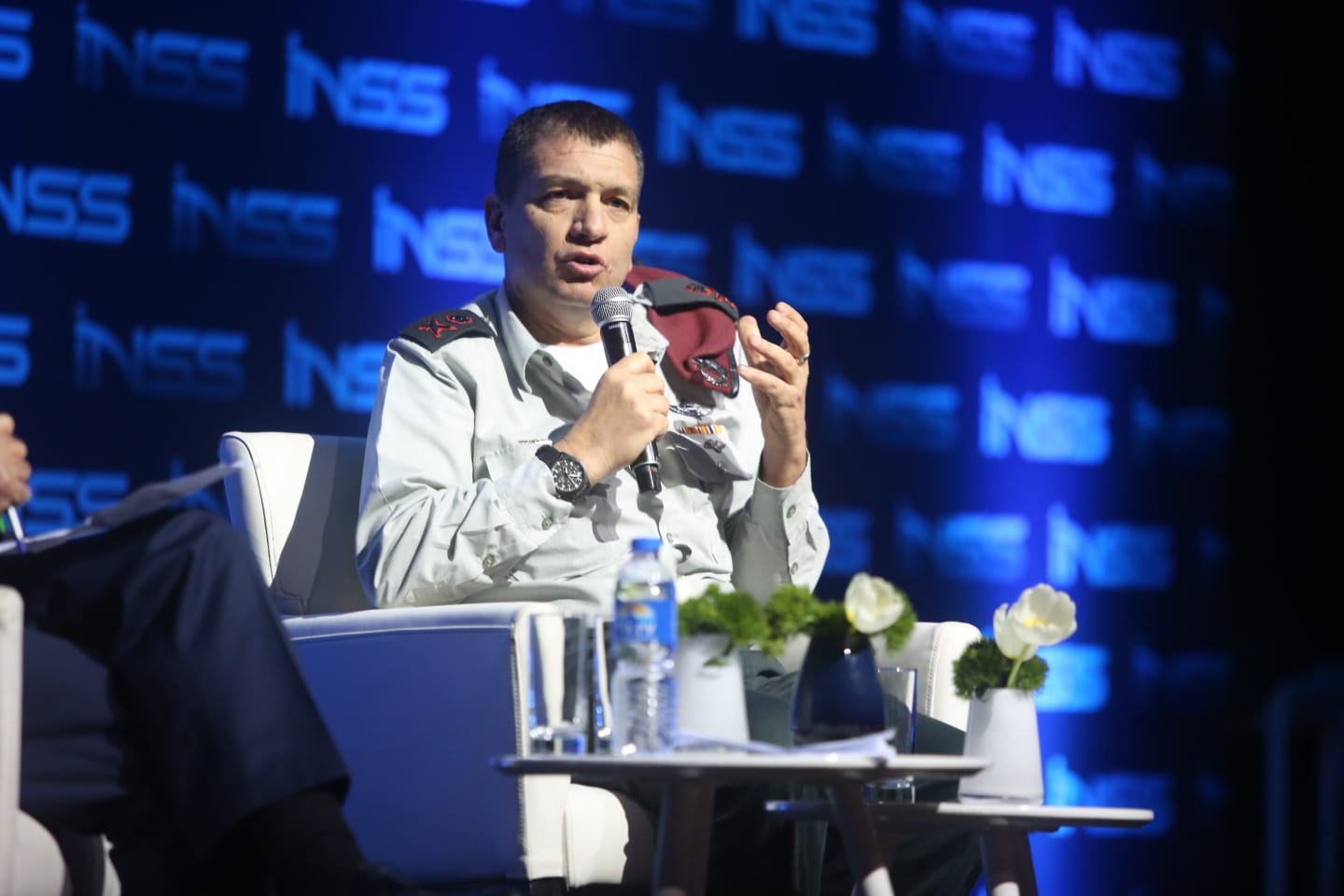
The Response to the Chances of an Escalation in 2020
In a conversation with Maj. Gen (ret.) Amos Yadlin, Maj. Gen. Aharon Haliva spoke about the IDF and its readiness for the future. According to Haliva, the new generation of current IDF soldiers are more curious and more understanding than his generation. When asked about the position of women in the IDF, Maj. Gen. Haliva said that most positions are open to women and the IDF is constantly opening more positions for women. This path needs to be continued.
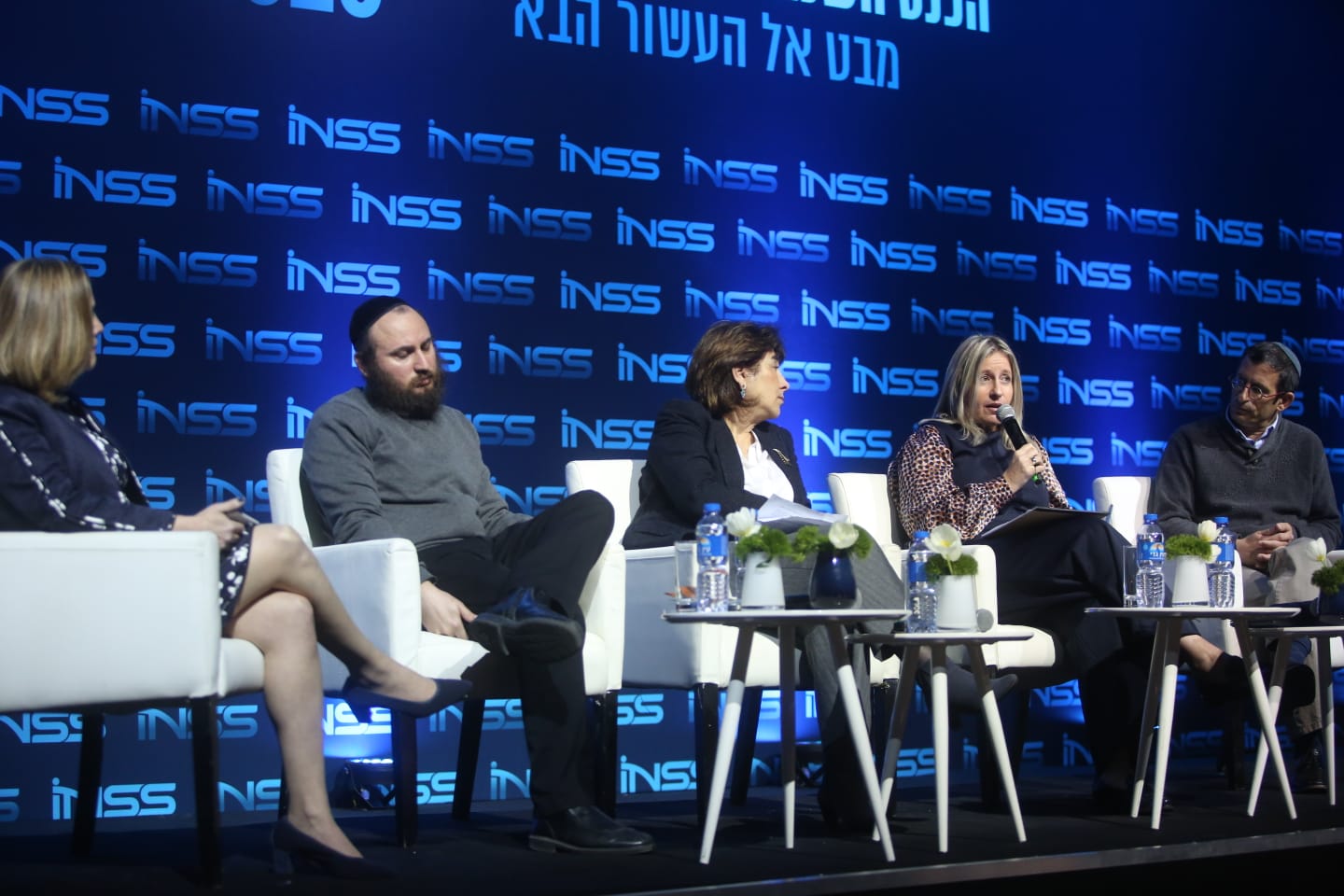
The Future of Israel as a Zionist Entity
Focusing primarily on questions of religion and state, panelists offered different perspectives on the requisite balance between these defining elements and their implications for related issues, e.g., the attitude to the Arab minority in Israel.
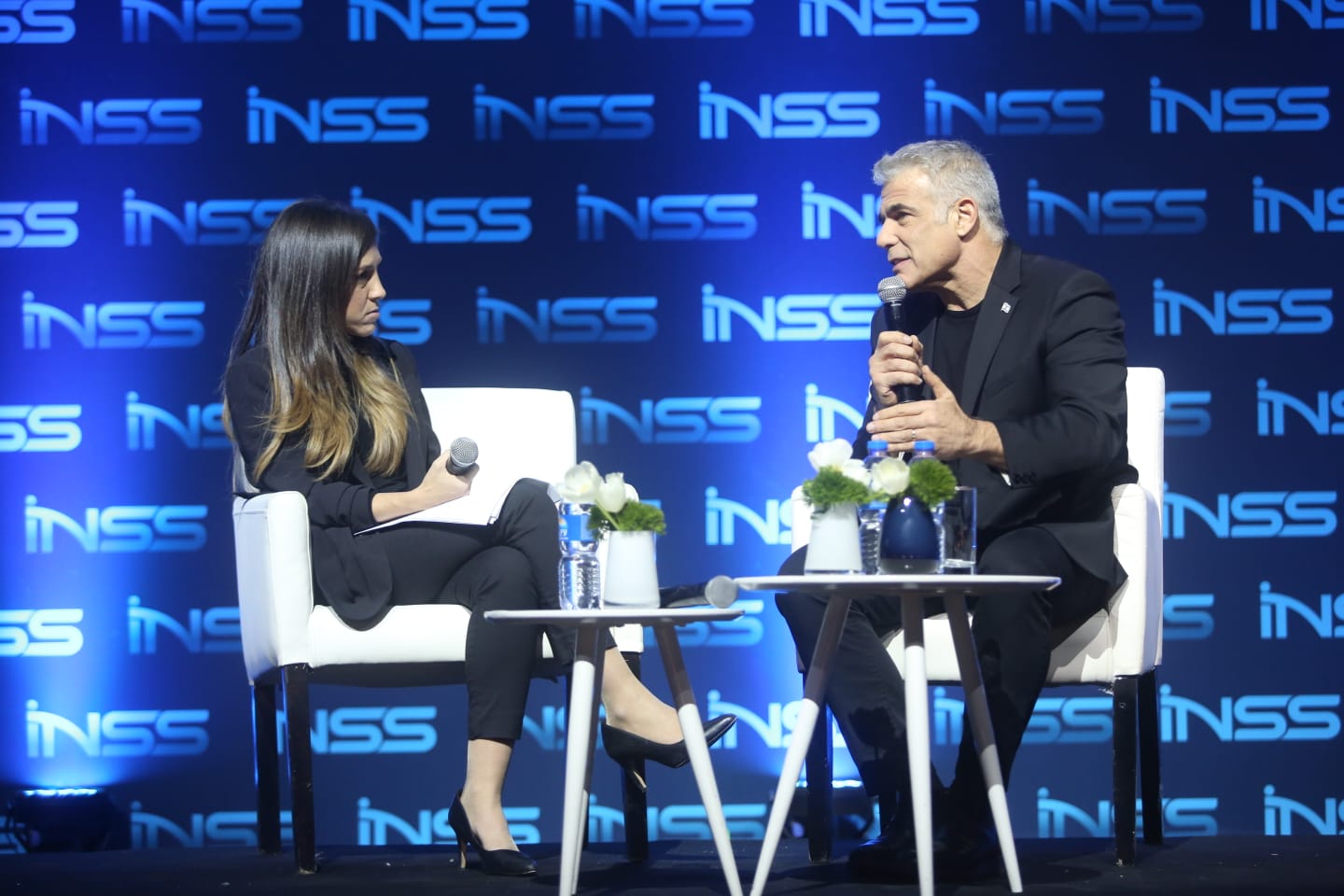
MK Lapid: The “Deal of the Century” is a Basis for Negotiations
The “deal of the century” is excellent for Israel, and as a viable basis for negotiations, positions the Israeli-Palestinian conflict in a new place and enables the possibility of a resolution. The Palestinians must recognize that time is not in their favor.
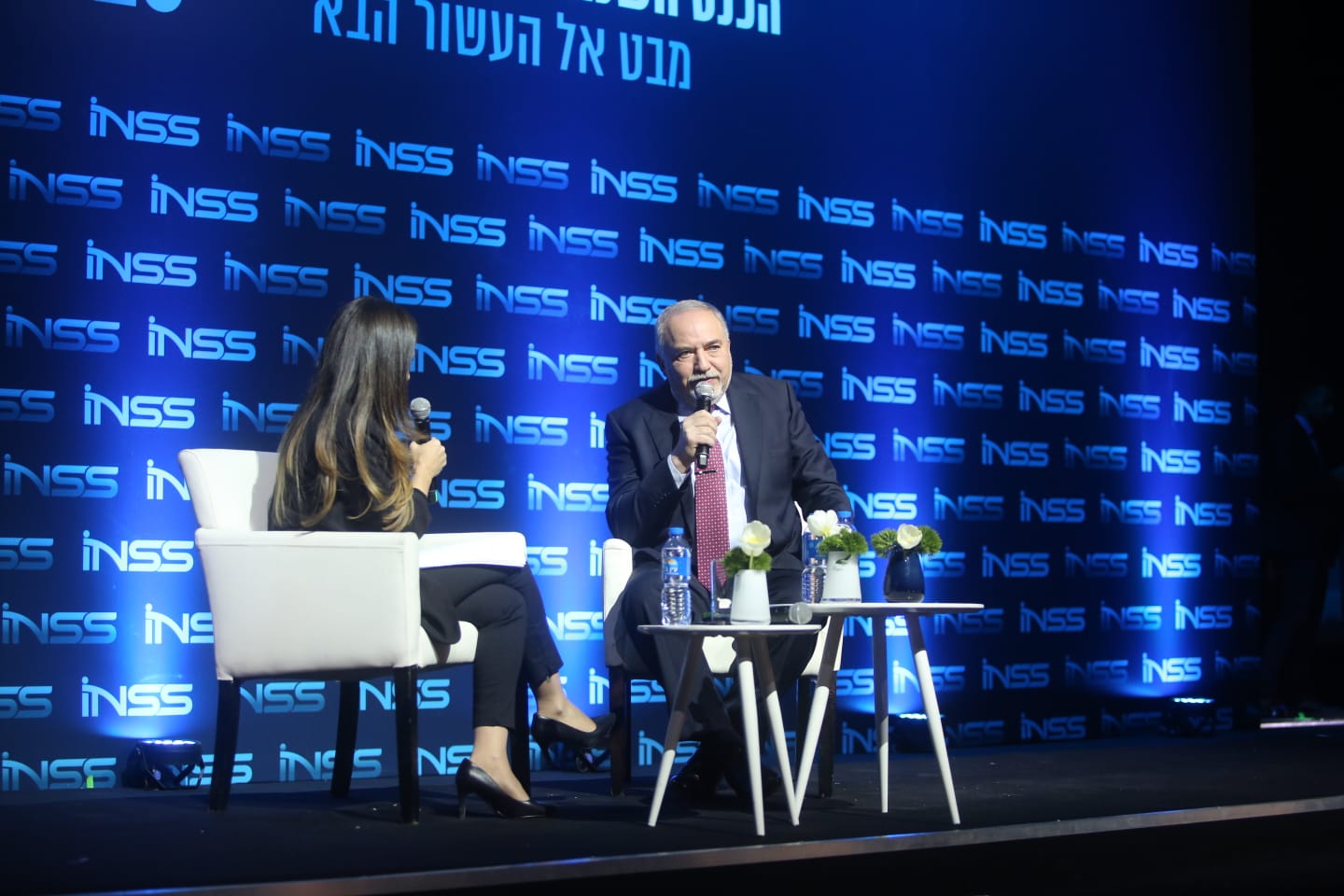
Liberman: Arab States are Crucial in any Agreement
The “deal of the century” is important in that it is not based on the idea of “land for peace.” In addition, the idea of land swaps, including among populated areas, is very important. The plan addresses Israeli interests in more favorable fashion than any previous plan.
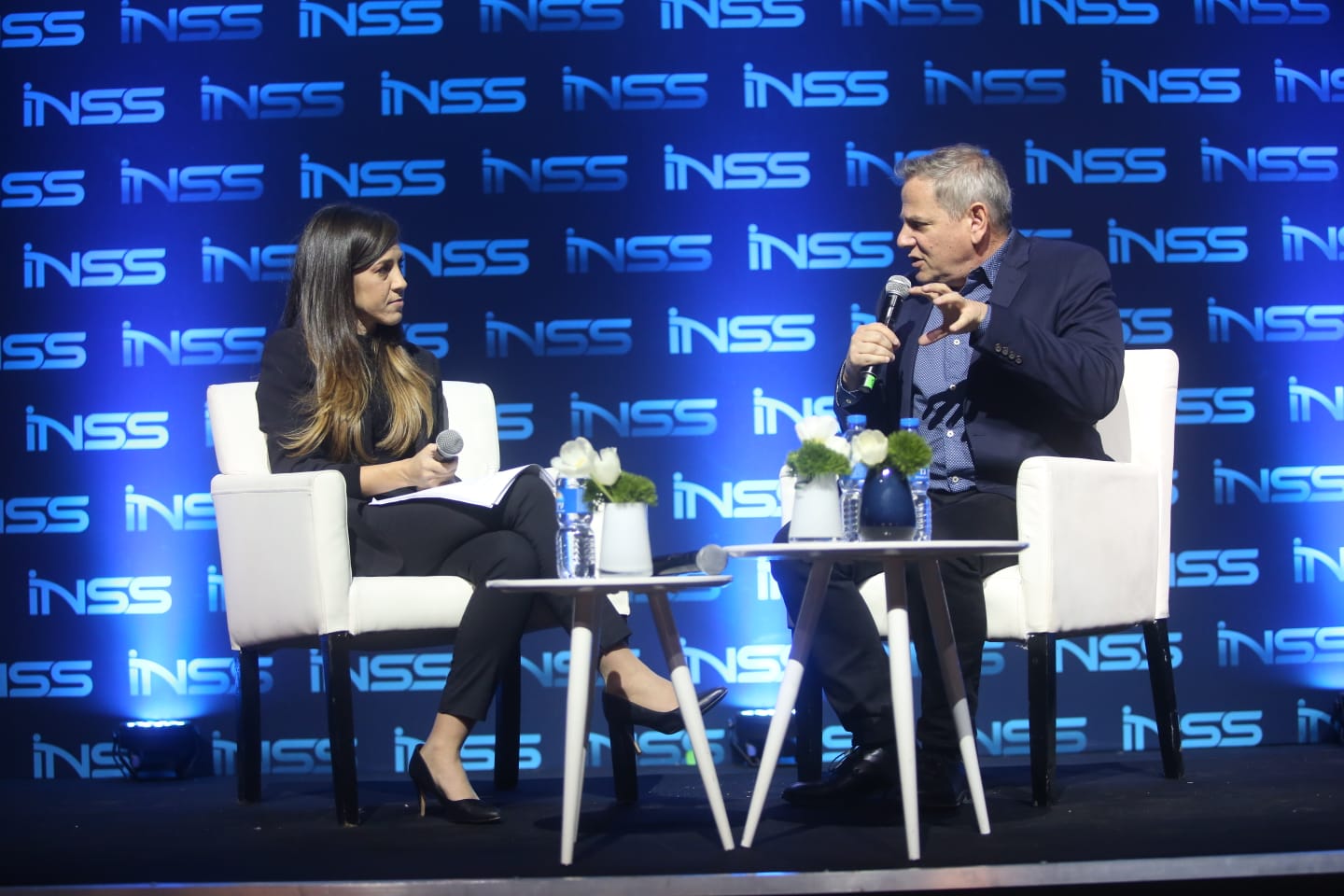
Interview with MK Nitzan Horowitz, Leader of the Meretz Party
In an interview with Tal Shalev, MK Horowitz stated that Trump’s “Deal of the century” was really the “Spin of the century.” He stated that he did not think it was a good plan, and that the negotiations are not between Israel and the United States but between Israel and the Palestinians, and the Palestinians were left out of determining this plan.
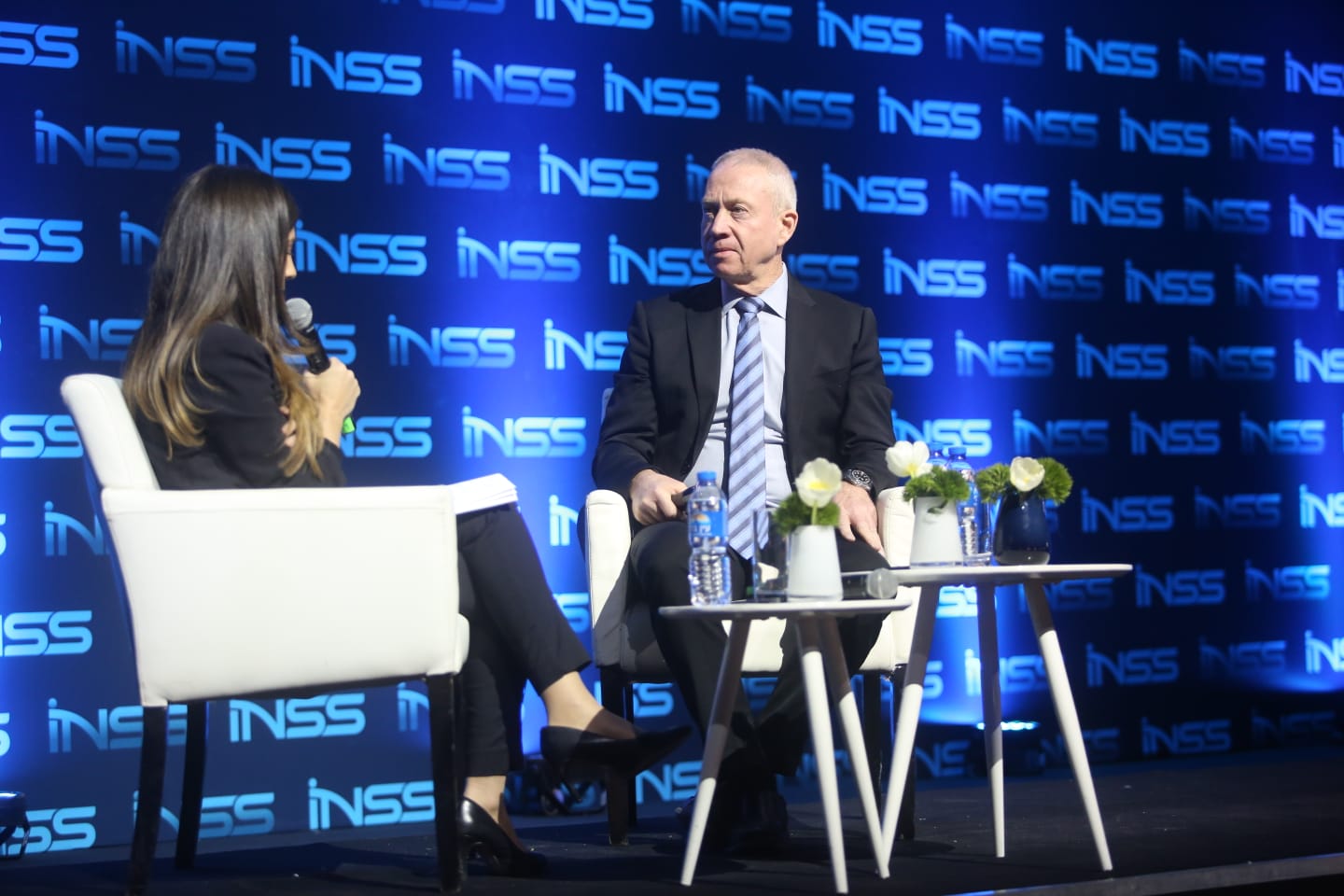
Interview with Minister of Aliyah and Integration Yoav Galant
In an interview with Tal Shalev, Minister Gallant expressed the need to implement the Trump plan immediately without delay, especially sovereignty over the Jordan Valley, which has national consensus. He said that there are one-time opportunities and decisiveness is necessary.
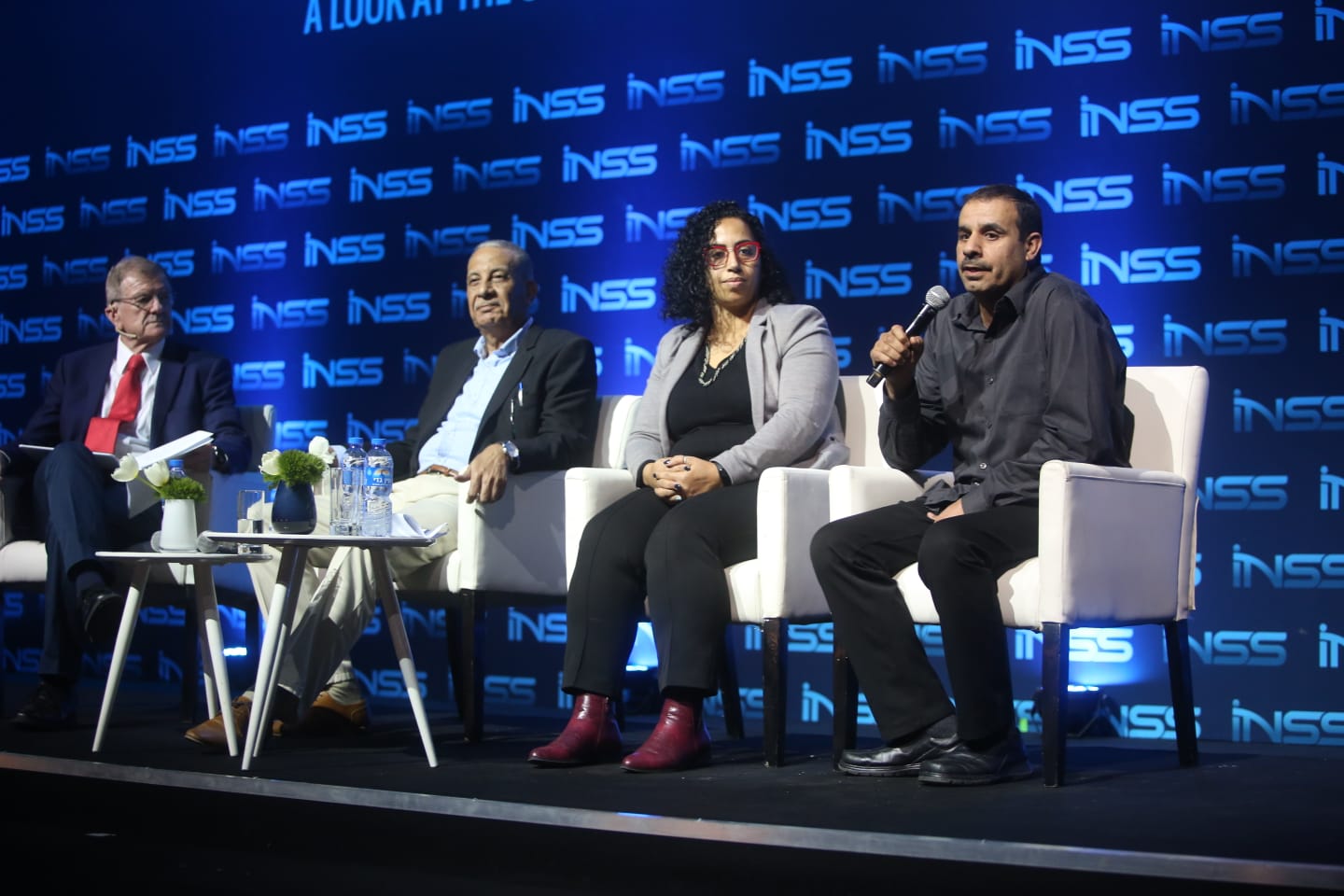
Israel's Arab Community: Integration vs. Particularism
The panel, moderated by Dr. Meir Elran, dealt with the tension between the desire for integration and particularism within Arab society in Israel.
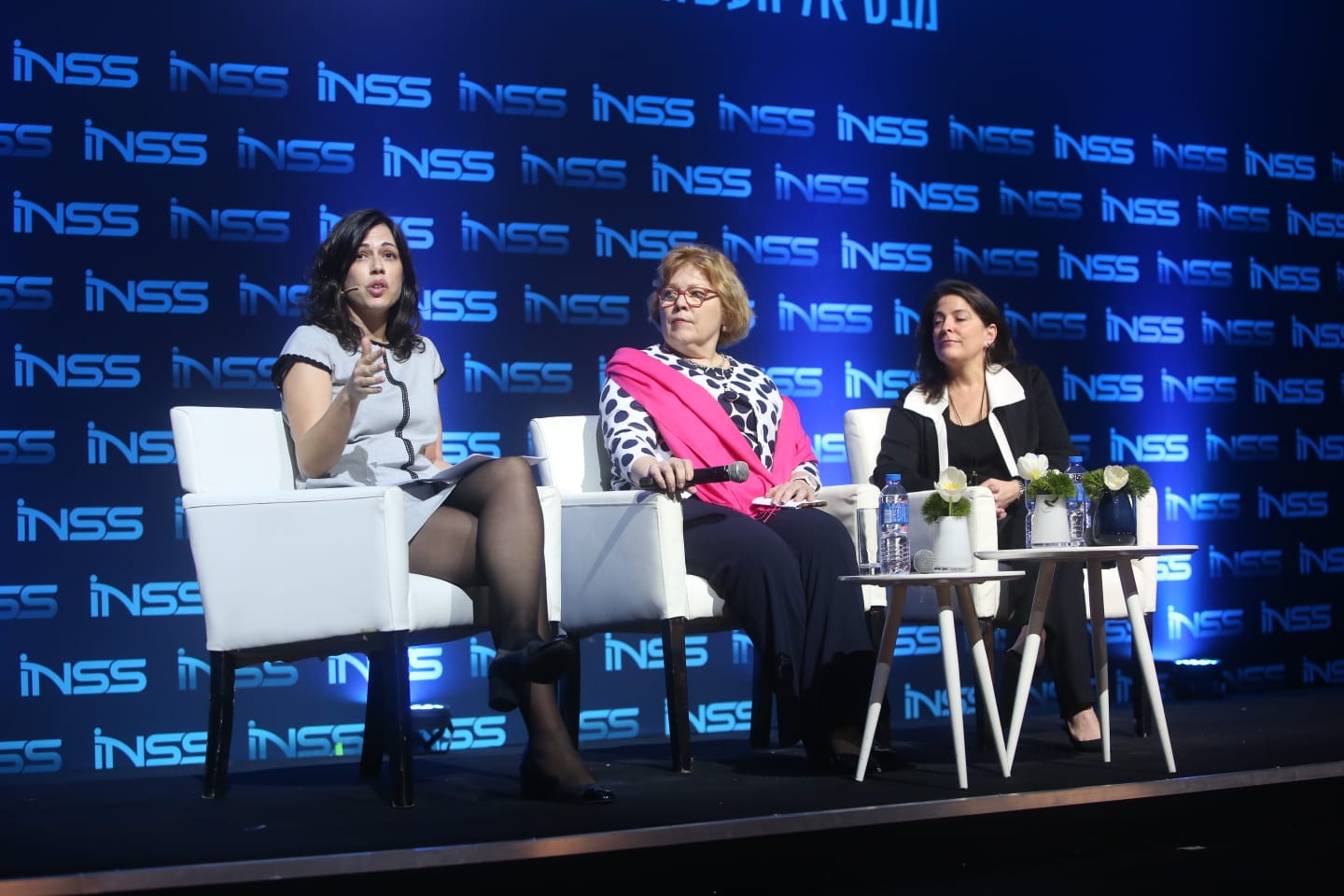
Views from the Arab World
In a discussion with Dr. Sarah Feuer, Amb. Dana Shell Smith and Amb. Barbara A. Leaf shared their views on the Arab world.
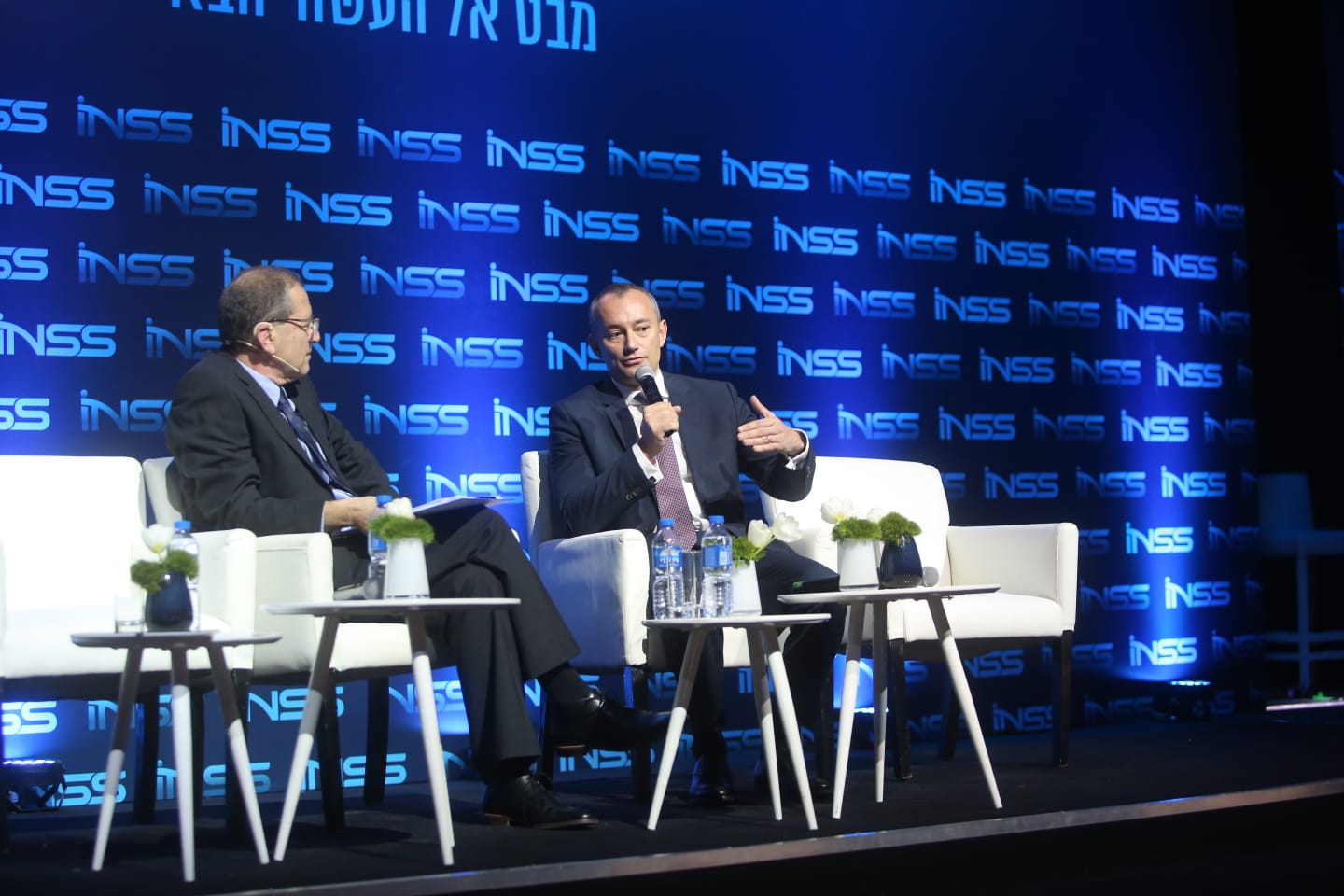
Solutions for Gaza: An Interview with Nickolay Mladenov
In a conversation with Brig. Gen. (res.) Udi Dekel, Mr. Nickolay Mladenov spoke about solutions for Gaza.
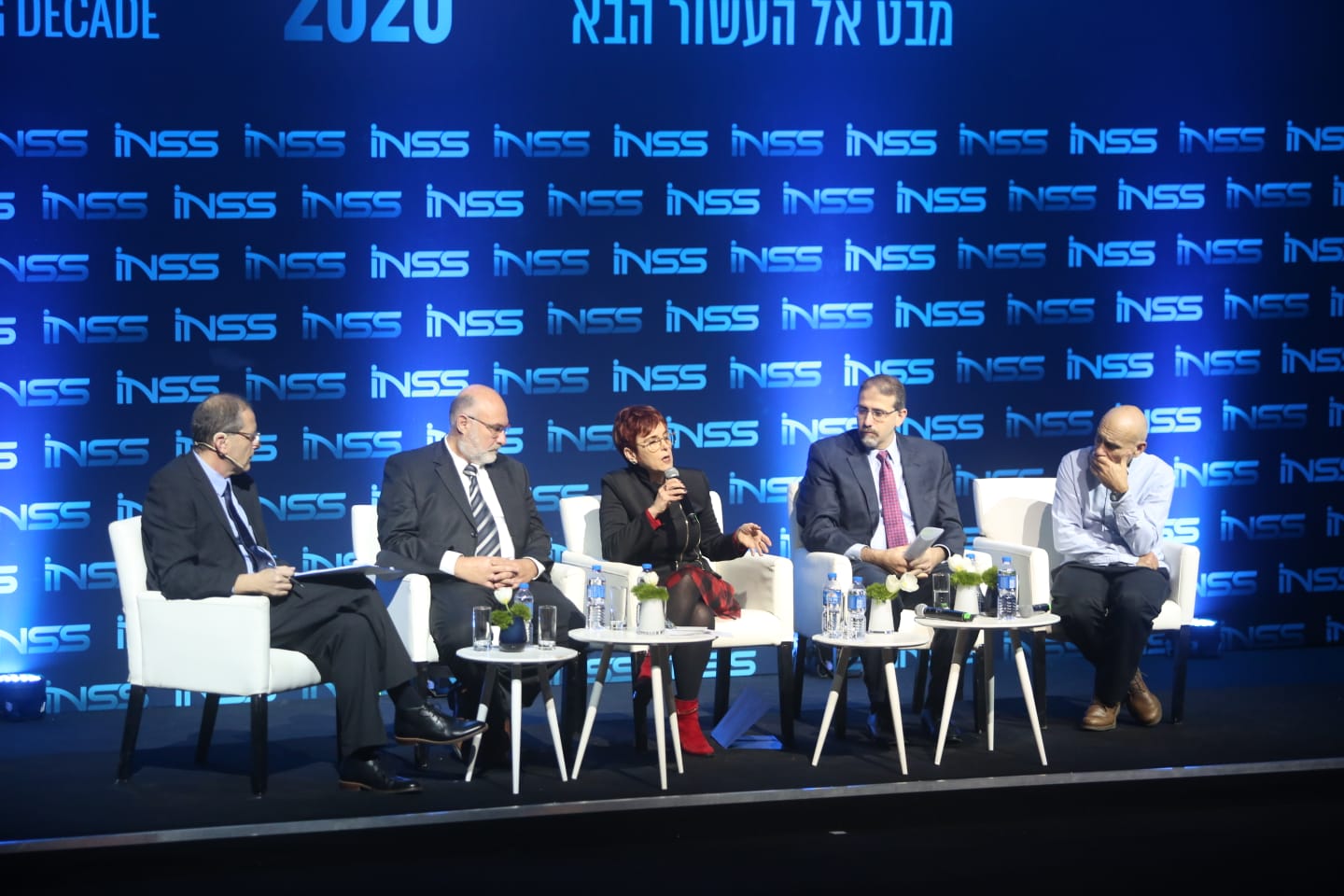
The Keys to the Palestinian Arena
Looking at the Palestinian arena, Dr. Kobi Michael sees a fractured Palestinian society that is deteriorating, largely because of the socio-political divisions. Dr. Ronit Marzan believes that Palestinian society will be characterized by a new approach, as the younger generation has seen that neither the armed struggle nor the political struggle for a two-state solution has borne fruit. Amb. Daniel Shapiro envisions significant resistance to the “deal of the century” within the United States, particularly given the US resistance to the imposition of any solution, any non-negotiated solution, and unilateral moves. Maj. Gen. (ret.) Gershon Hacohen believes there is much potential in the area, particularly if it is open to new ways of thinking.
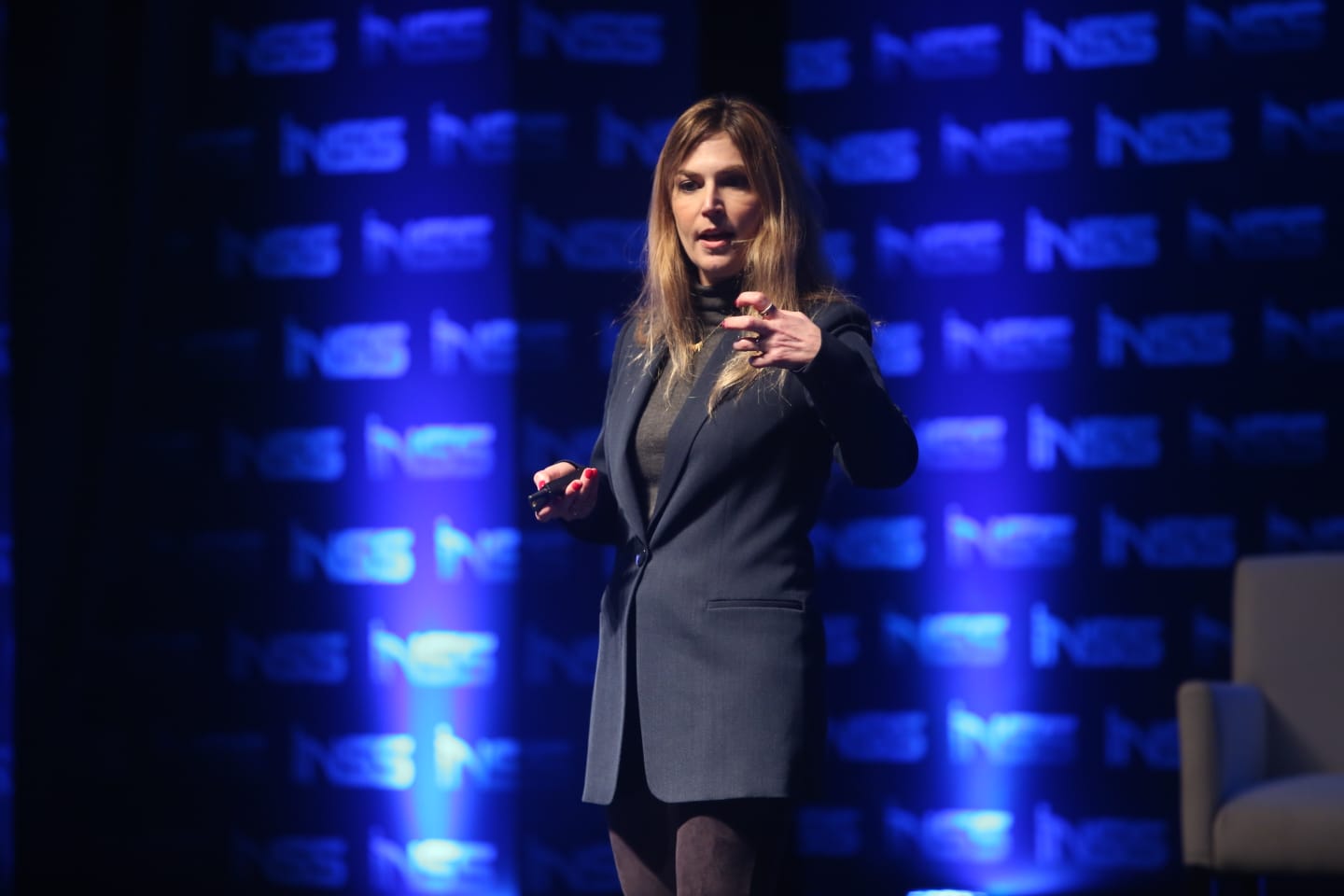
National Security Index: Public Opinion Survey
Dr. Zipi Israeli showed that according to the public opinion survey conducted, Israeli public opinion is full of contrad
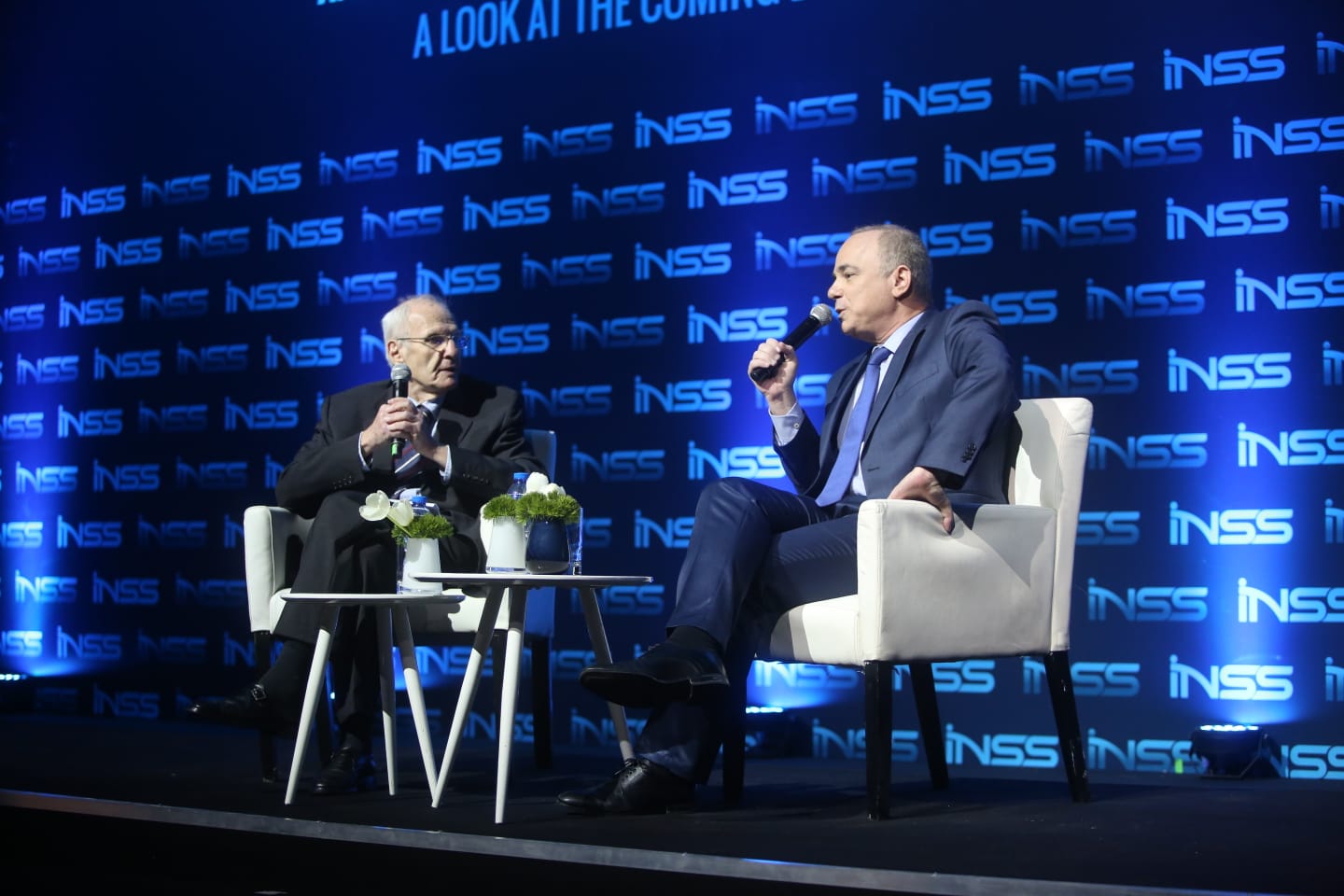
Interview with Minister of Energy
Dr. Yuval Steinitz spoke with Dr. Oded Eran about natural gas in Israel and the significance of this discovery. Discovered in 2009, 2010, 2011, Dr. Steinitz believes that this discovery will strengthen Israel geopolitically and economically. In addition, it will also enable Israel to lower the air pollution and to improve Israel’s environmental quality.
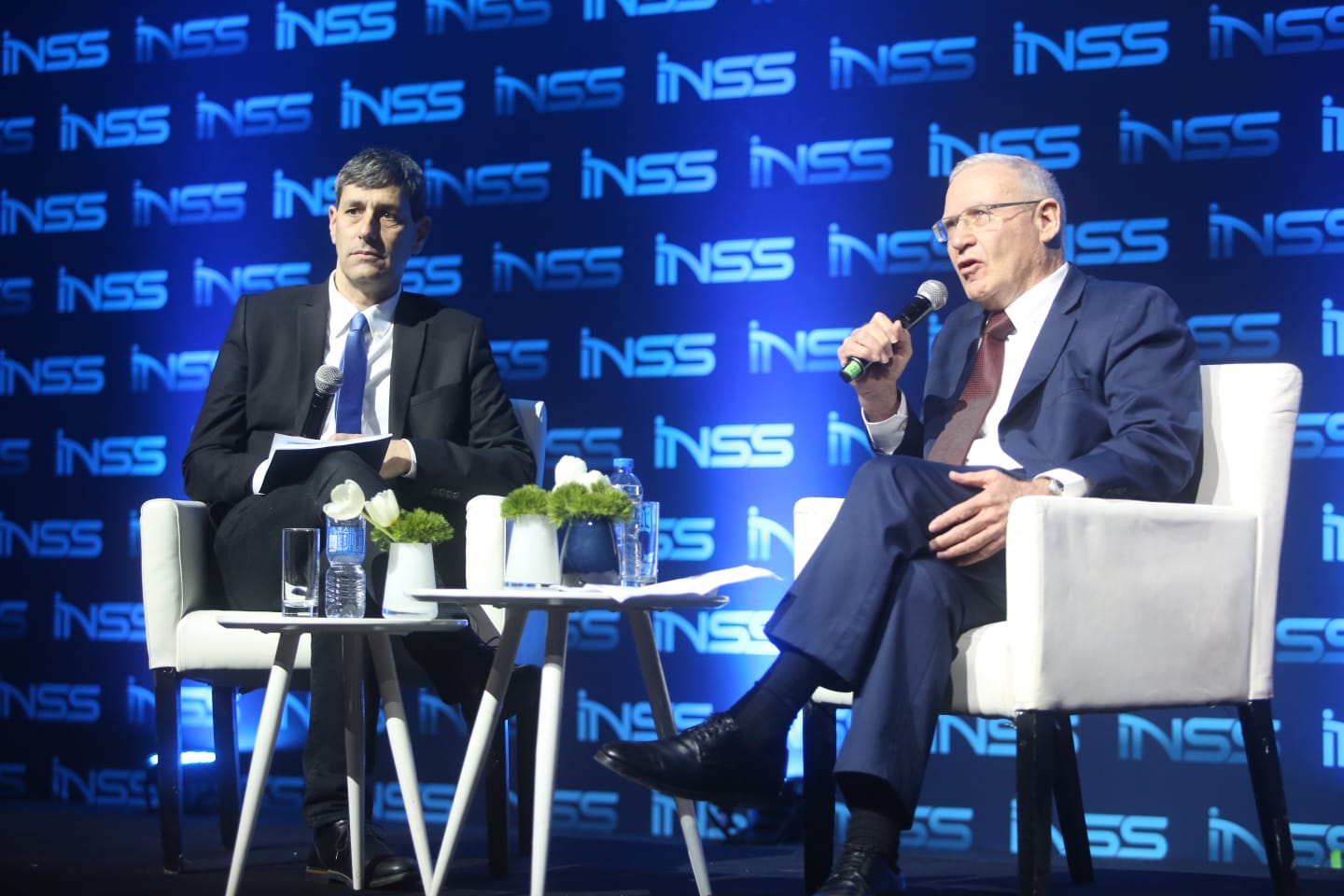
Strategic Assessment for Israel 2020
Speaking with Yoav Limor, INSS Director Maj. Gen. (ret.) Amos Yadlin spoke first about the “deal of the century.” It remains to be seen whether the Trump plan joins previous political plans on the shelf and effects no change; sparks dangerous initiatives, such as Israeli annexation of territory; or becomes a basis for negotiations.
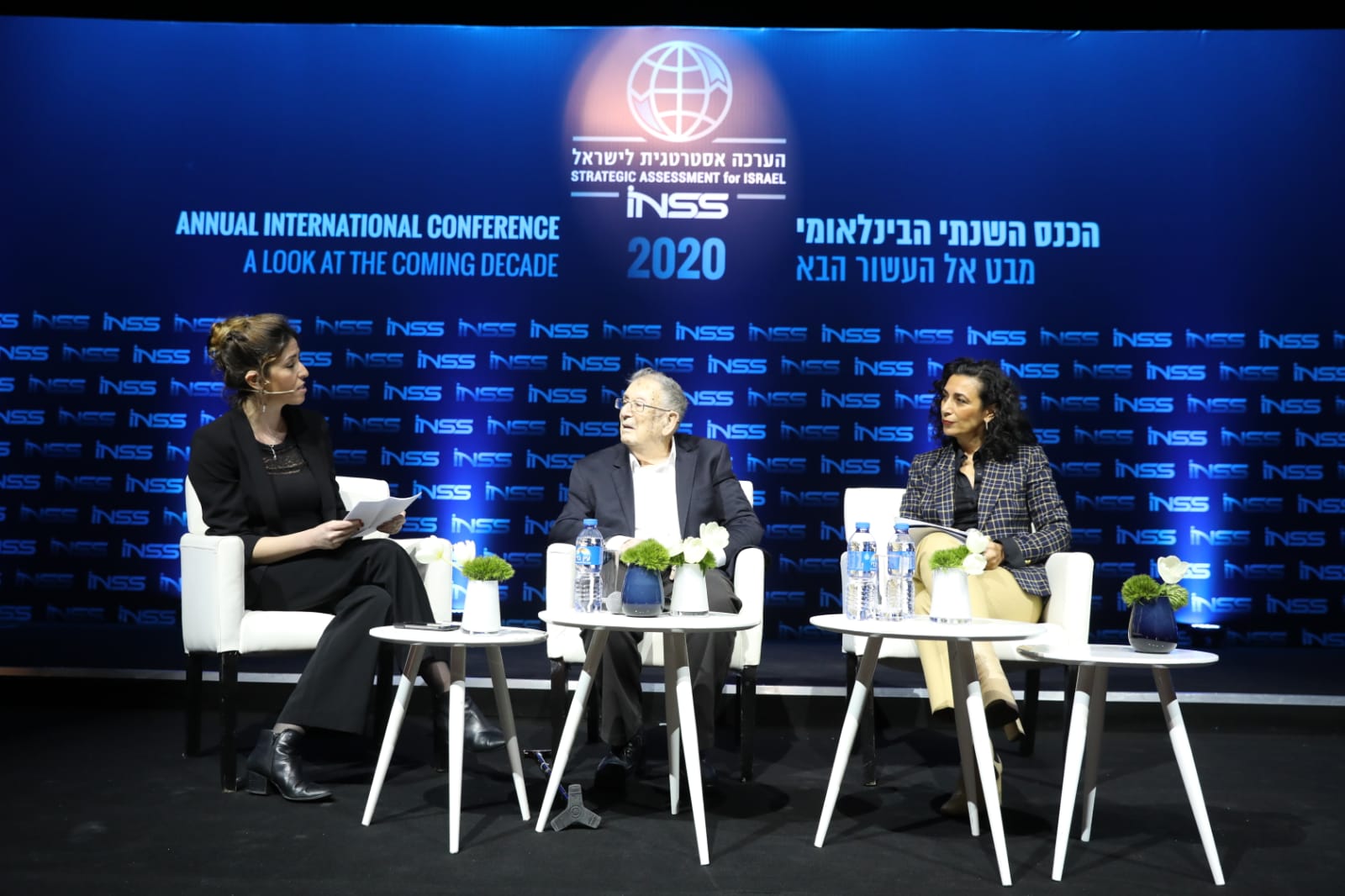
Antisemitism: A Global Problem
Regarding the ongoing phenomenon of antisemitism, which is both historical in nature and connected to growing nationalism and xenophobia, Prof. Yehuda Bauer contends that it is import to take an offensive approach. Defense is of limited utility.
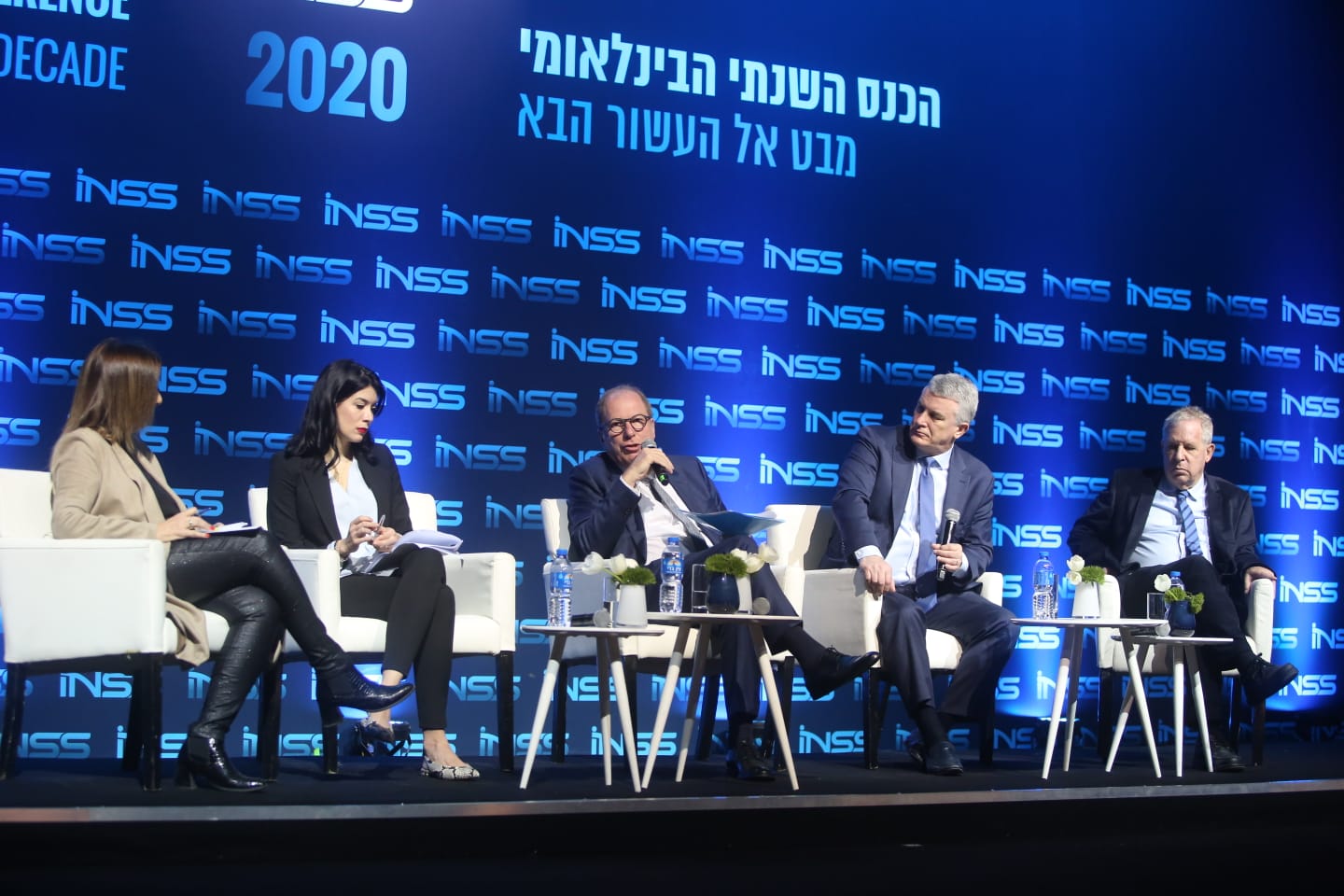
Iran vs. US: Escalation or Negotiation?
In the panel on Iran vs. the United States, moderated by Ms. Sima Shine, Ms. Holly Dagres stated that the messaging from the Trump administration has been confusing. Dr. Michael Doran noted that the Iranians are under enormous economic pressure due to the US maximum pressure policy, in addition to protests in Iraq and Lebanon targeting Iran. Maj. Gen. (ret.) Giora Eiland stated that the situation today is not good. If the point of embarking on sanctions was to move Iran away from a nuclear weapon, it appears that the opposite is happening, and US policy vis-à-vis Iran has been unsuccessful.
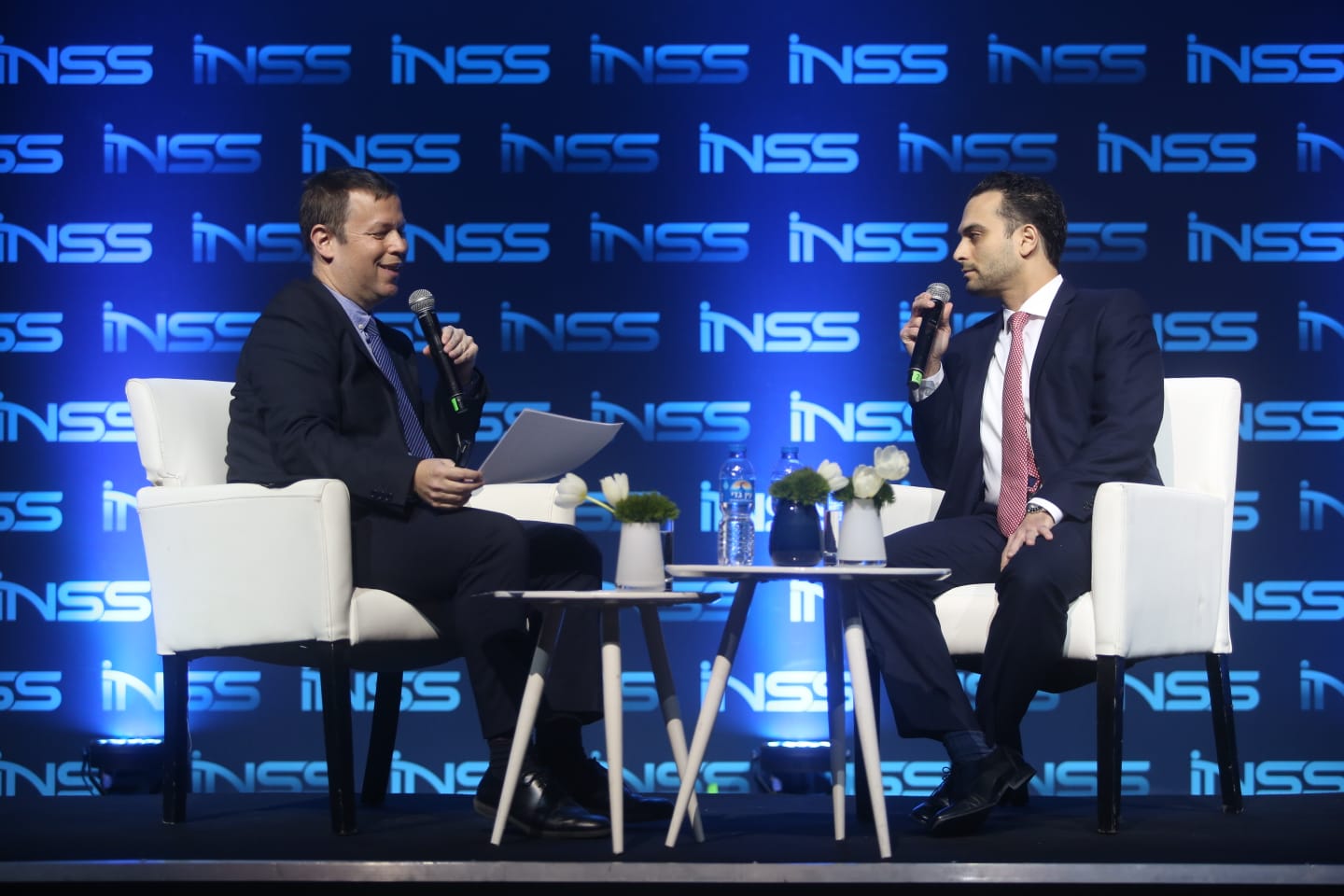
U.S Government Sanctions in 2020: Priorities and Strategies
In a discussion with Dr. Raz Zimmt, Mr. David Peyman of the US State Department stressed that economic sanctions are a foreign policy tool to achieve foreign policy goals. Sanctions are implemented to encourage changed behavior, bur are crafted so as to avoid undesired side effects that could undermine US interests elsewhere.
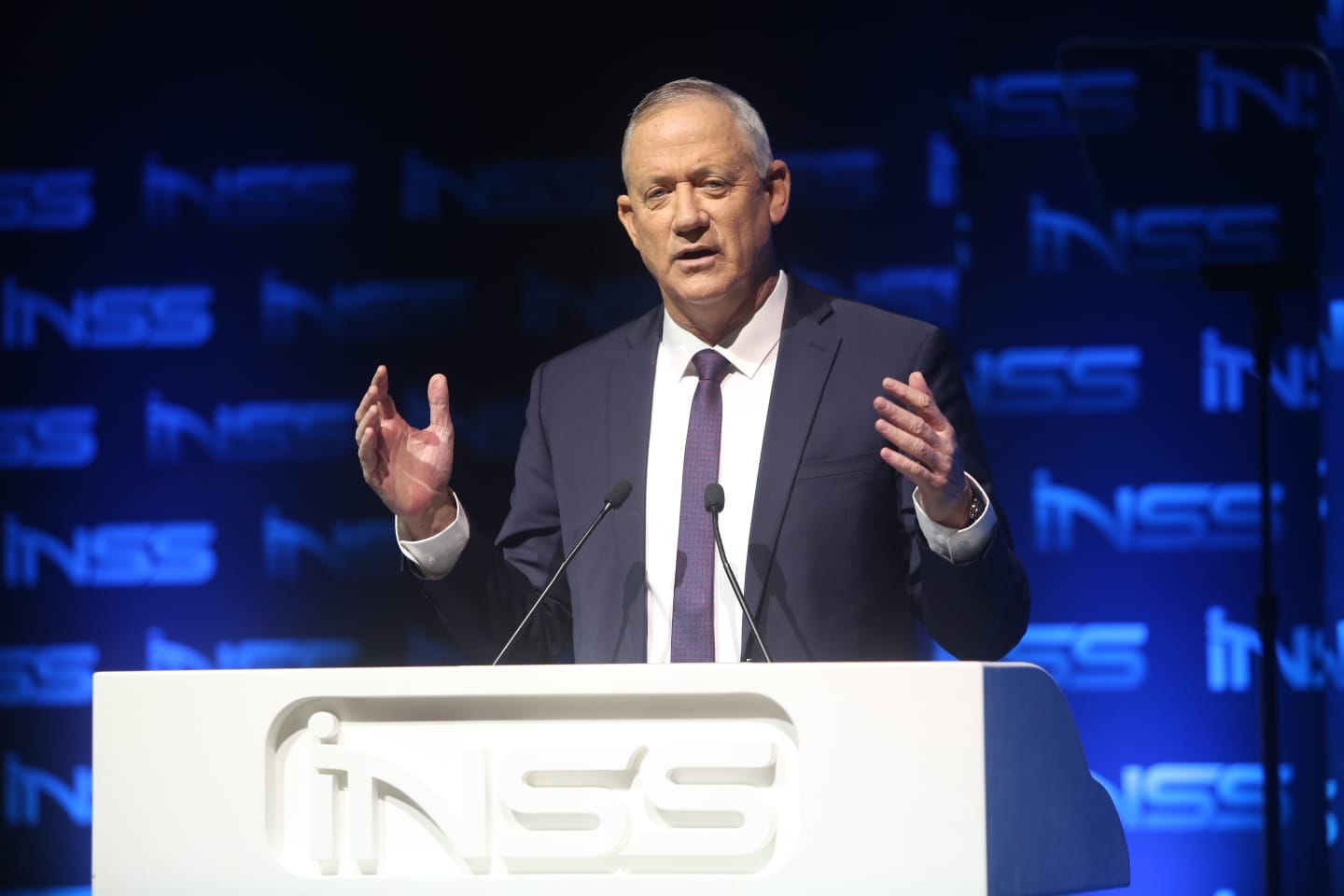
Gantz: Israel Needs a New Agenda
Closing the first full day of the INSS conference, Lt. Gen. (ret.) Benny Gantz announced that the Trump plan should be a basis for a political plan for peace between Israel and the Palestinians, and therefore he will present it to the Knesset for approval in the coming week. The plan is a historic event, giving Israel a historic opportunity to determine its borders and to move from the long years of conflict management to conflict resolution.
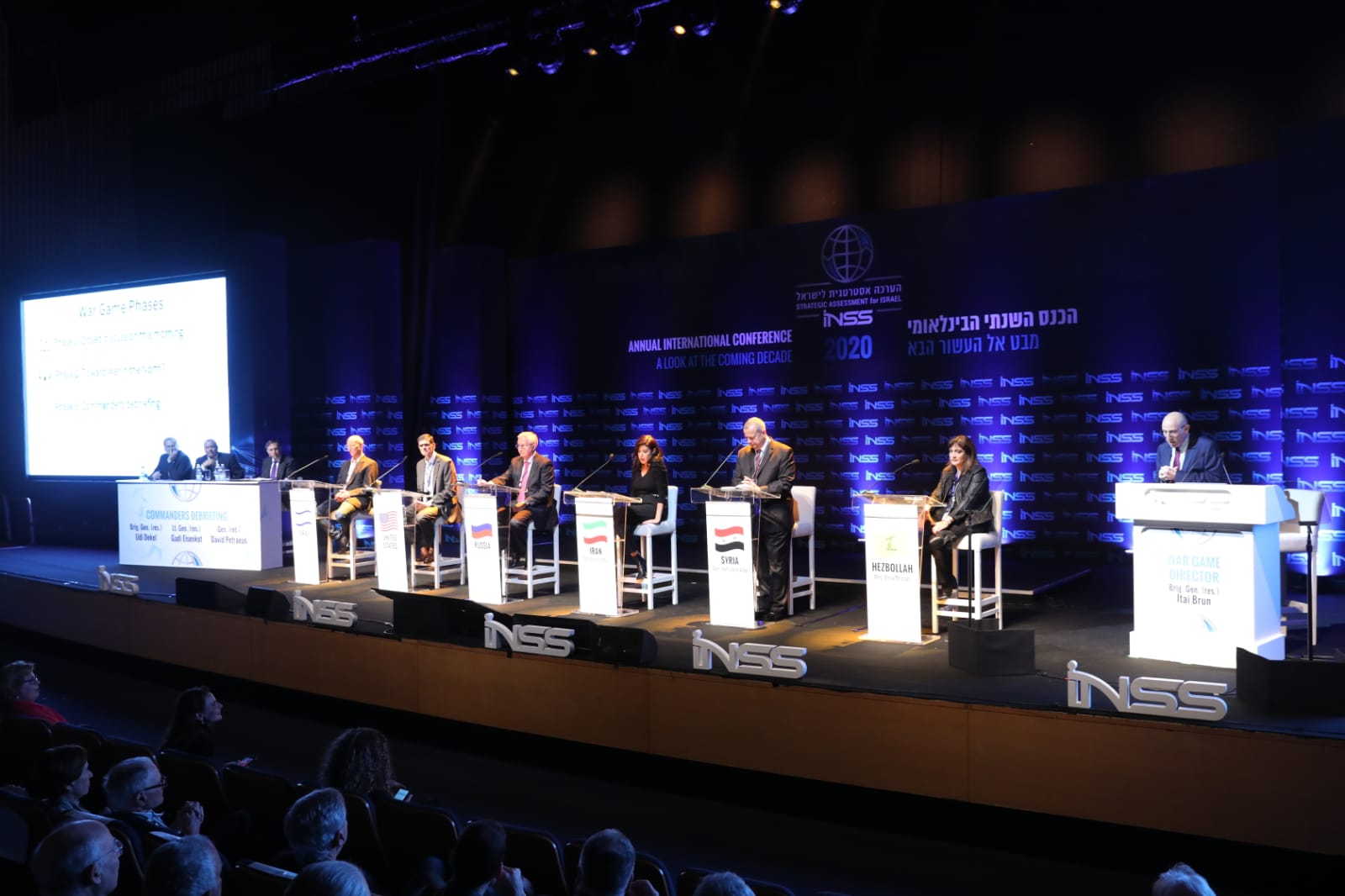
War Games in the North and a Surprising Display of Restraint
In the War Games scenario, in which Israel initiates attacks on Lebanon and Syria, Lt. Col. (ret.) Orna Mizrahi, representing Hezbollah, stated that although Hezbollah does not have an interest in war at this stage, it would respond by attacking military sites in the north, in order to weaken Israel. Gen. (ret.) John Allen, playing Syria, stated that Assad would like to hold onto some legitimacy and to be synonymous with Syrian sovereignty. Since his objective is regime survival, he needs to de-escalate as quickly as possible and also preserve the coalition with Russia, Iran, and Hezbollah. Russia will be key to de-escalating this conflict.
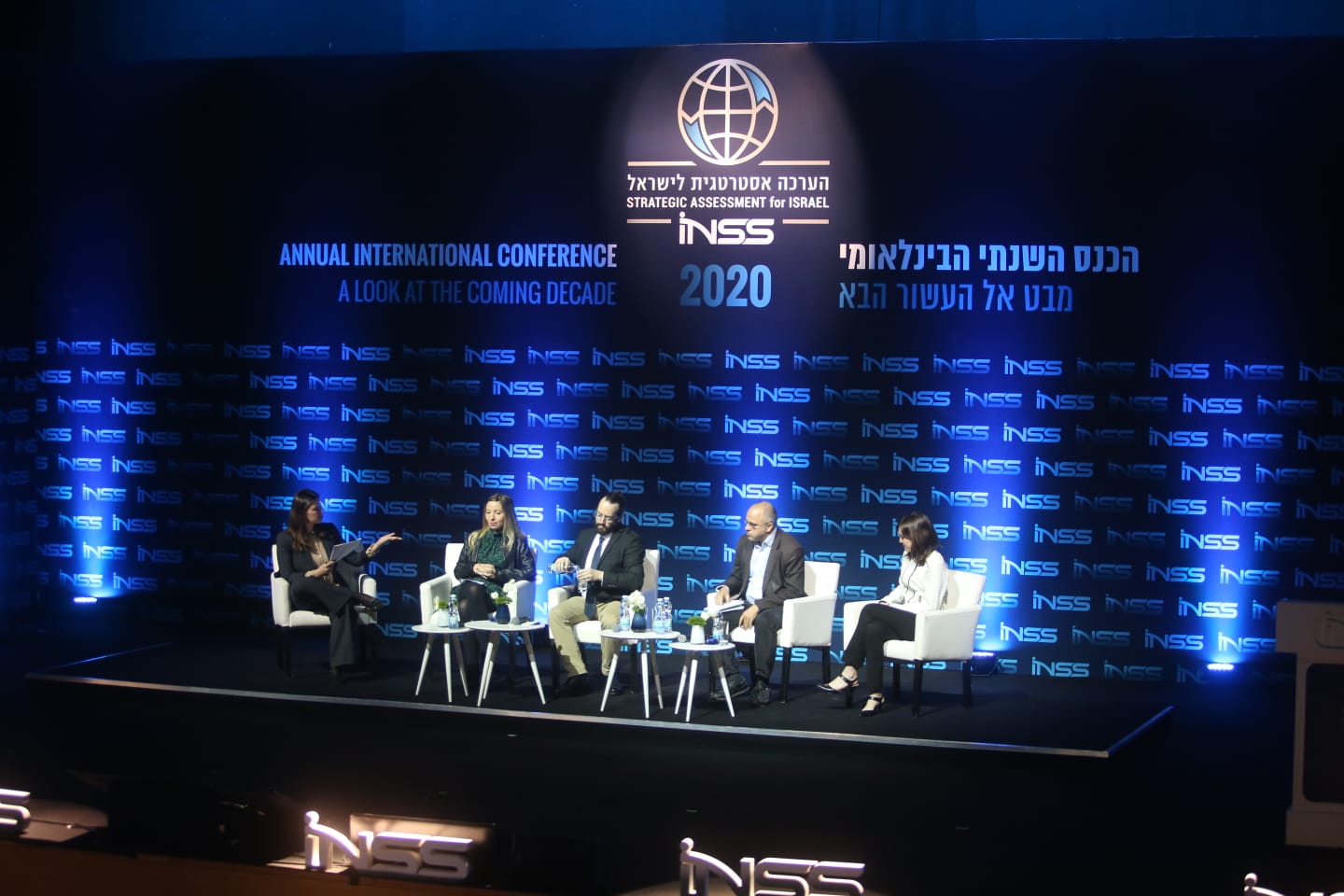
Syria: Back to the Future?
This session dealt with different aspects of Syria projected in the coming decade. While the Syrian civil war may be over (which is subject to dispute), the country is far from stable. Its likely form of governance will be a revived dictatorship governing a traumatized society. Difficulties in reconstruction are magnified by an economic crisis, although Syria might succeed in reestablishing relations with Arab states.
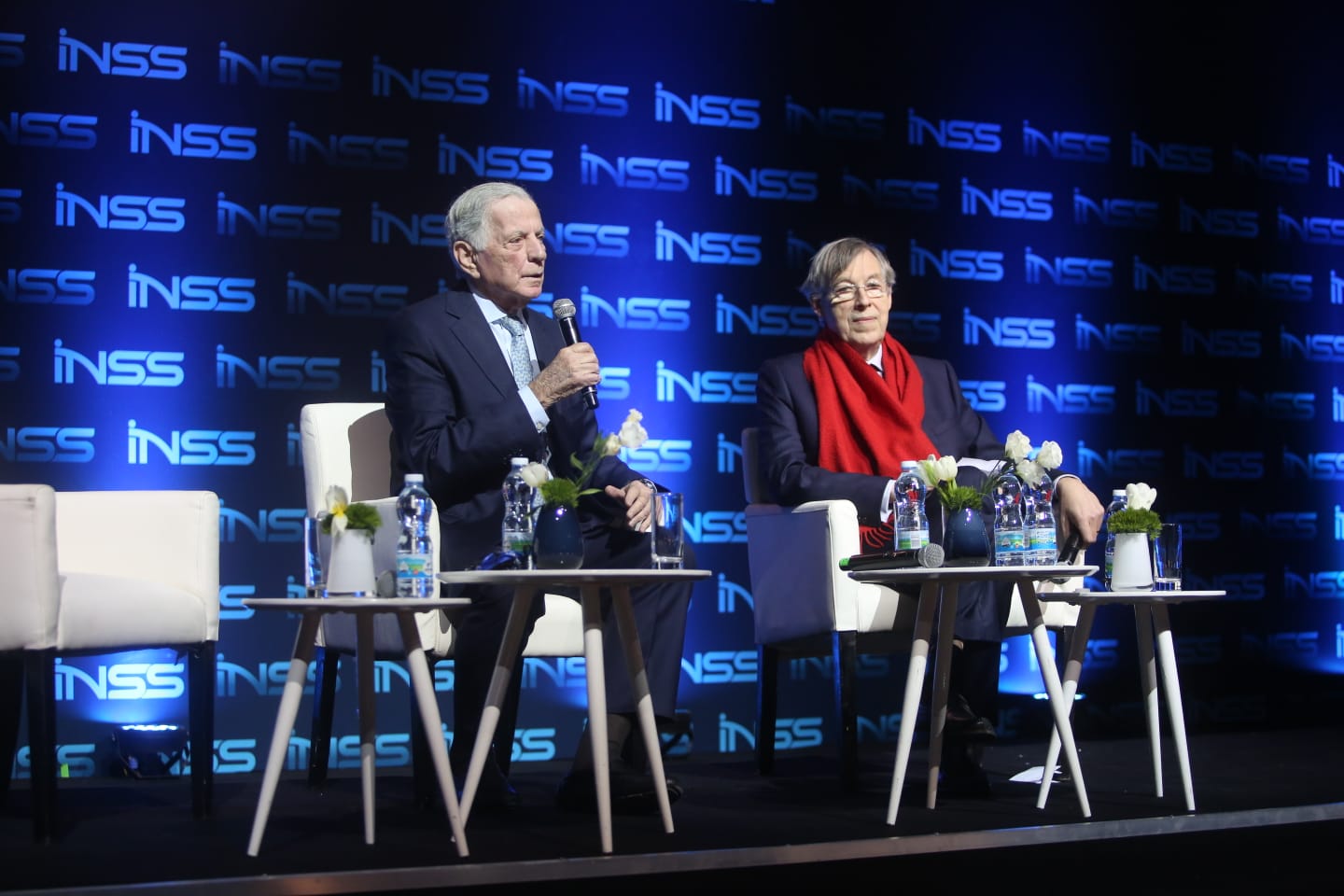
The Syrian Effect on the Middle East, Europe, and the United States
In a conversation between Amb. Prof Itamar Rabinovich and Prof. Francois Heisbourg, Syria and its effects on the region, as well as Europe and the United States were discussed. Prof. Heisbourg acknowledged that Libya has become the new Syria, characterized by the high level of violence, as well as the connections between the two countries, particularly noting the presence of Syrian mercenaries in Libya.
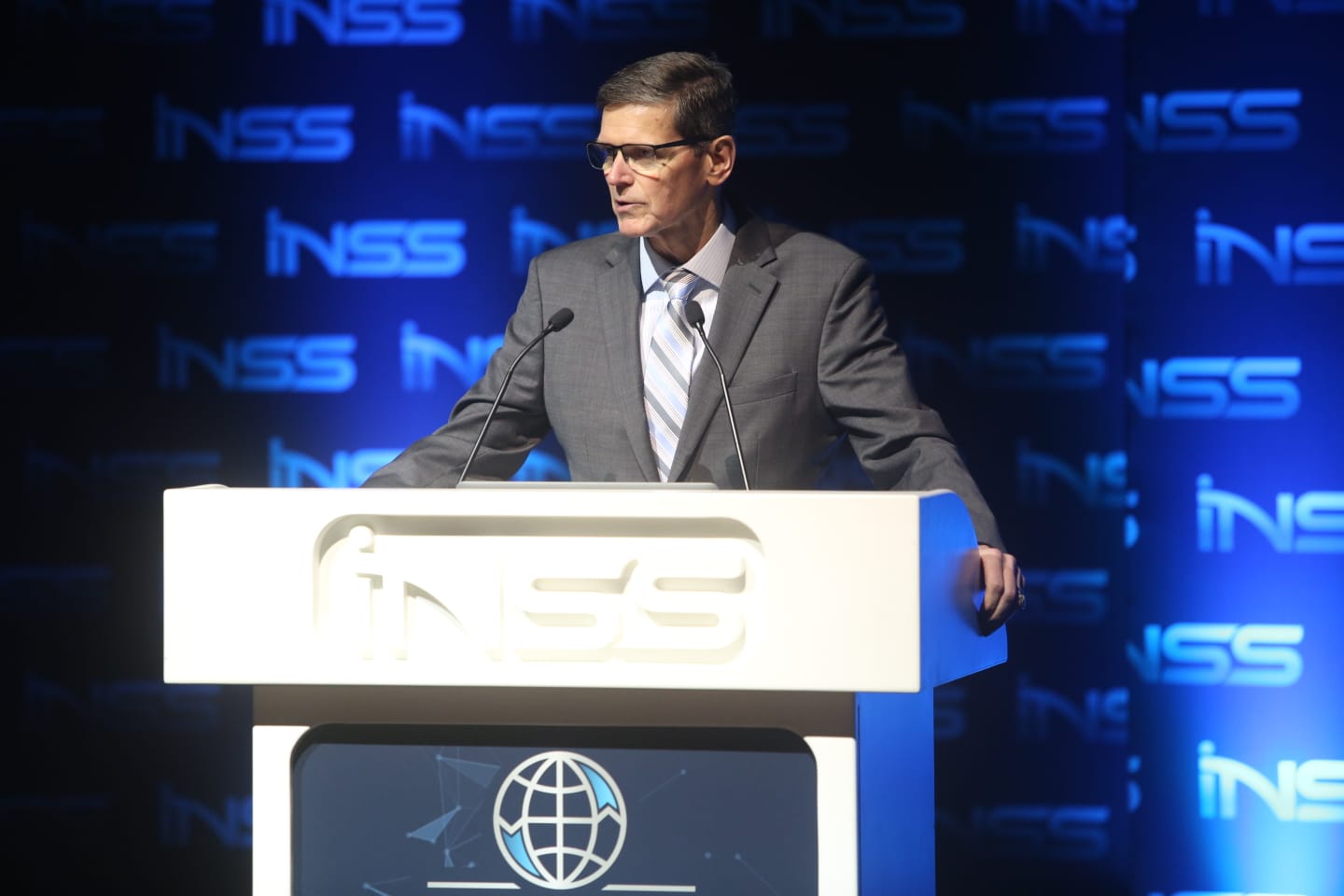
The View from US CENTCOM
Former US CENTCOM Commander General (ret.) Joseph Votel spoke of the national interests driving US interests in the region: that there be no platform for activity against US and its partners; no proliferation of WMD; maintained access to major waterways and resources; no means for instability to spill over to affect the US or its allies; and a positive balance of power maintained, against the rise of other potential regional hegemons.
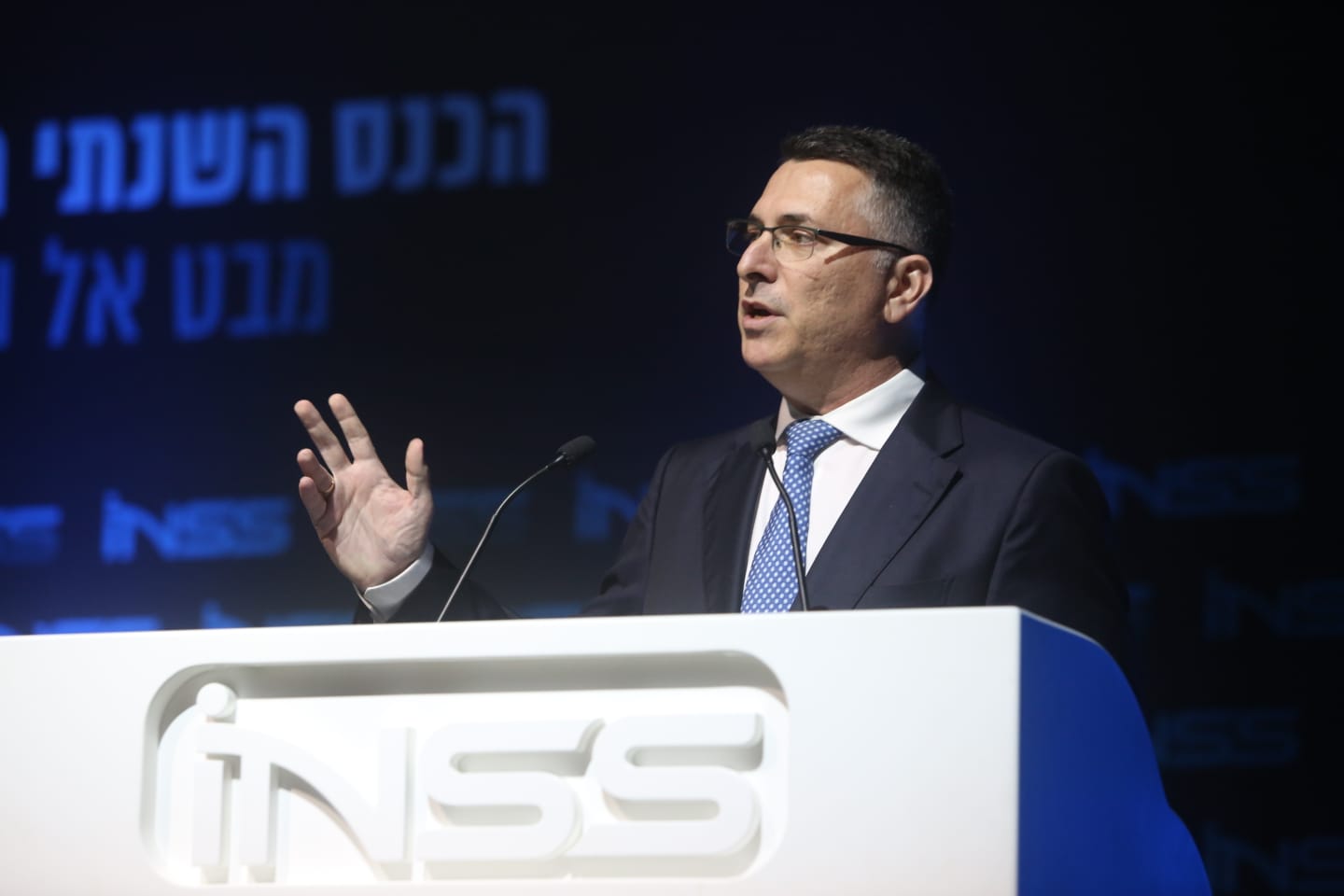
Assessing the Deal of the Century
INSS Director Maj. Gen. (ret.) introduced the session with 2 key questions that arise from the Trump plan: Is this a two-state solution, or a plan for one state with two peoples? And, is this a package deal, or can its components be implemented gradually or selectively? Three speakers commented on the plan.
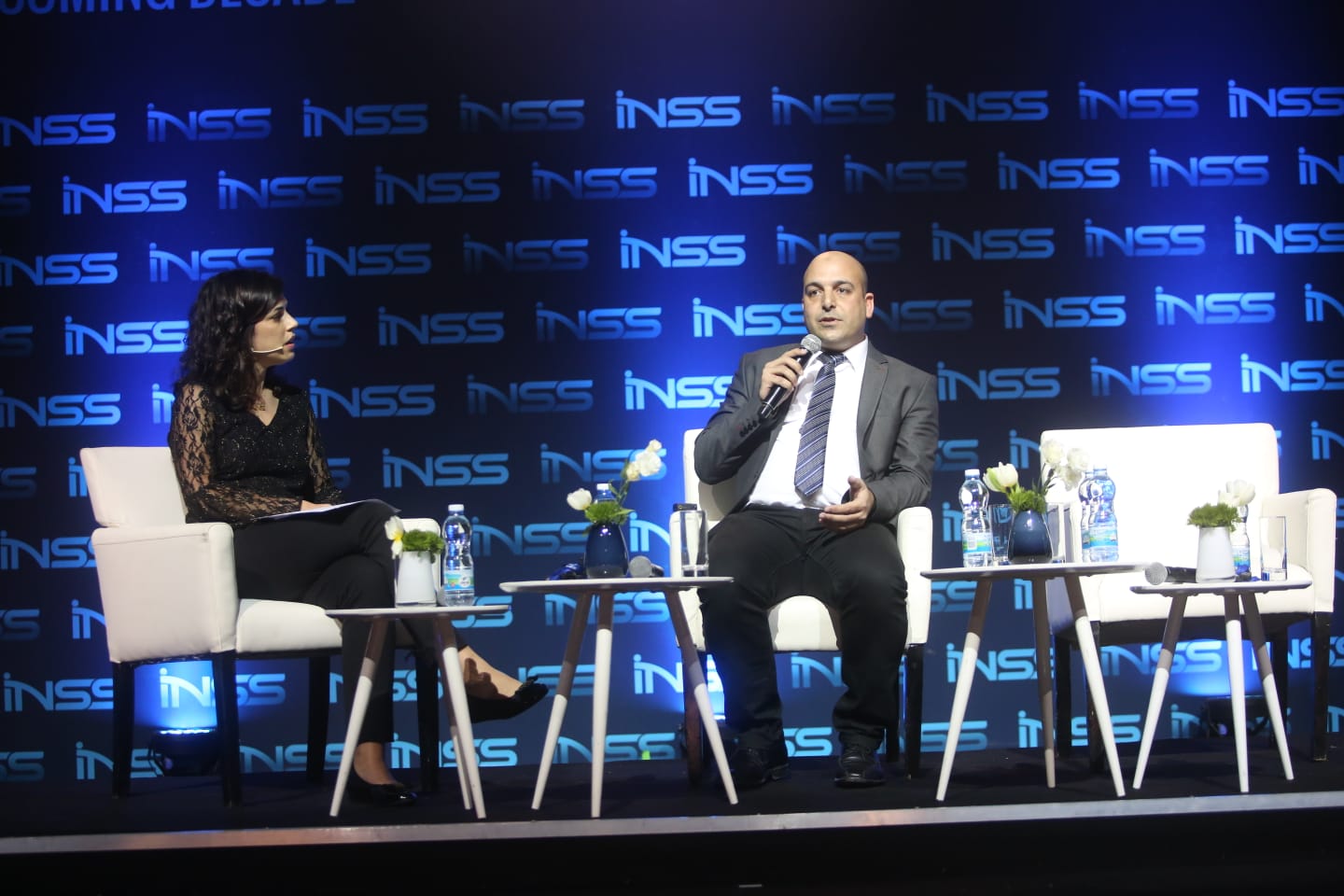
Views from the Arab World: Trends and Trajectories
INSS Neubauer research associate Khader Sawaed discussed with INSS research fellow Dr. Sarah Feuer opinions among Arab public in the region, based on an online survey among Arab online followers of INSS. Arab publics are interested in the Israeli-Palestinian conflict, more so than their leaders, and are interested in INSS work on the subject. They are overwhelmingly young and have strong access to INSS projects. Most respondents were in favor of a possible arrangement between Israel and Hamas in Gaza. To them, the issues of leading importance in an arrangement are work permits in Israel and freedom of movement. Regarding attitudes toward Iran, most respondents see Iran as a negative influence in the region (twice the percentage of those who see Israel as a negative influence).

Perspectives from Washington and Jerusalem
One of the recurring ideas regarding hopes for the region in the next five years, with the idea of making the region more stable, more prosperous, and a home to more satisfied populations, is the need for ongoing, close coordination between the US and Israel. The value of this relationship cannot be overstated. The containment of Iran is a major element, and there is a need to curb aggressive behavior from China and Russia.
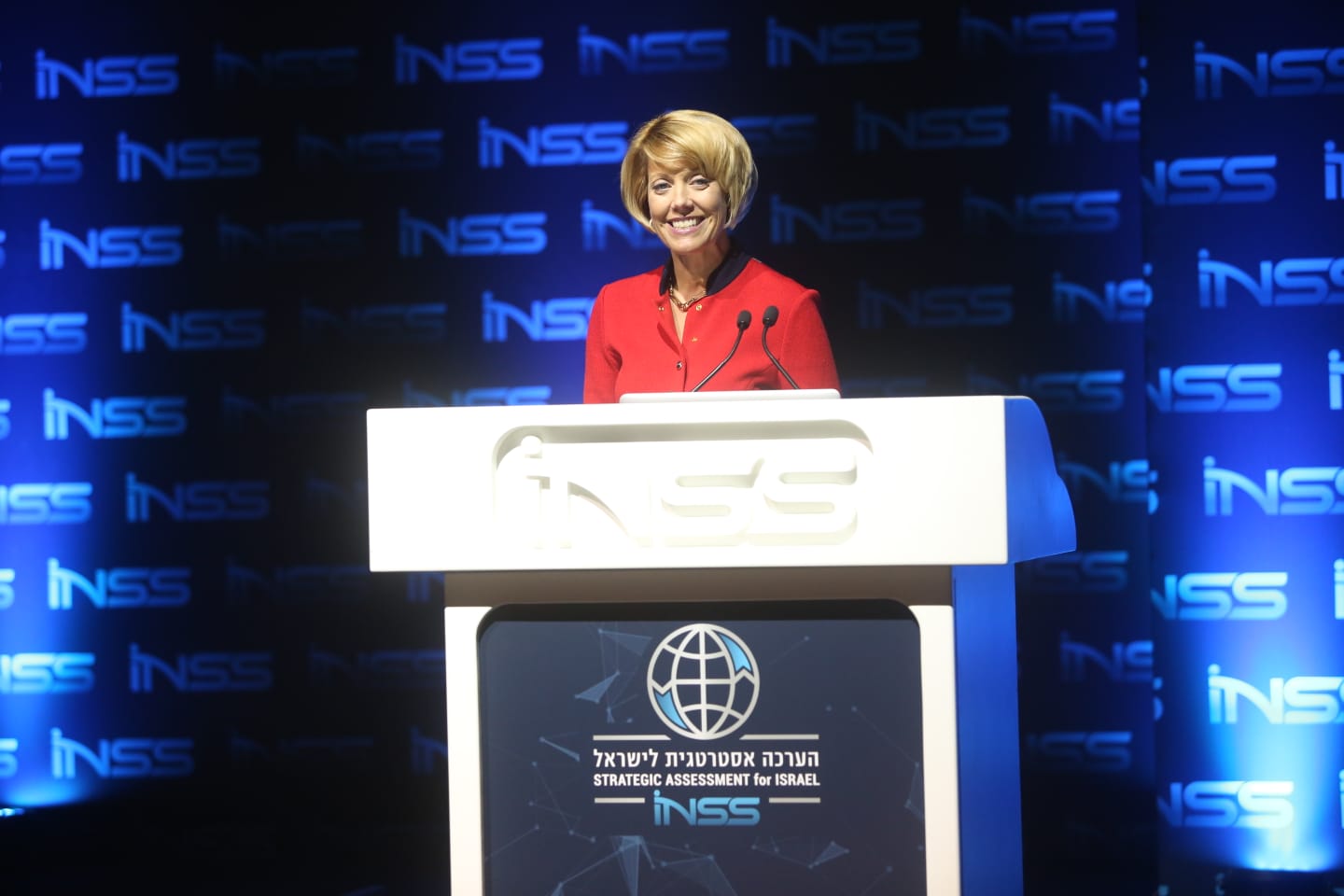
Air Power Next - The Future of Combat Air
Ms. Erin Moseley spoke about the strong relationship between Lockheed Martin Aeronautics and Israel. She discussed how cooperation and the use of fifth generation systems has enabled Israel to stay ahead of threats and maintain its edge. Ms. Moseley noted how aircrafts historically had singular roles; this traditional approach has now changed as the lines have been blurred between domains.

Innovative Technologies and National Security
The panel on Technology and National Security, moderated by Mr. Yonatan Adiri, discussed the importance of technology to national security. Dr. Liran Antebi discussed the growth in drones in the last decade, as drones have become extremely inexpensive and has spread to both civilian and security sectors. Uri Shani moved the conversation to climate change and the need of most countries, which rely on flood irrigation for agriculture, to shift to the more efficient drip irrigation, as developed and used in Israel. Dr. Nadia Schadlow responded that government agencies have had a hard time adapting to technology, as technological literacy is imperative. Brig. Gen (ret.) Nadav Zafrir agreed that private and public should no longer be seen as separate, and that Israel has an advantage in being able to recruit young people into its tech units in the IDF, who then become the pillar of the “Start-up Nation.”

Fake News in a Post-Truth Era
The panel on fake news moderated by Ms. Inbal Orpaz featured four short lectures, showcasing the research of the Amnon Lipkin-Shahak Program at INSS, Brig. Gen (ret.). Itai Brun spoke about the how fake news has affected the national-security rooms, making it difficult to differentiate between truths and lies. Dr. Liraz Margalit talked about how checking facts requires cognitive efforts, and people find it easier to make decisions based on emotions. Dr. Tehila Schwartz-Altschuler focused on one solution, that of regulation to control what she termed the “infocalypse.”
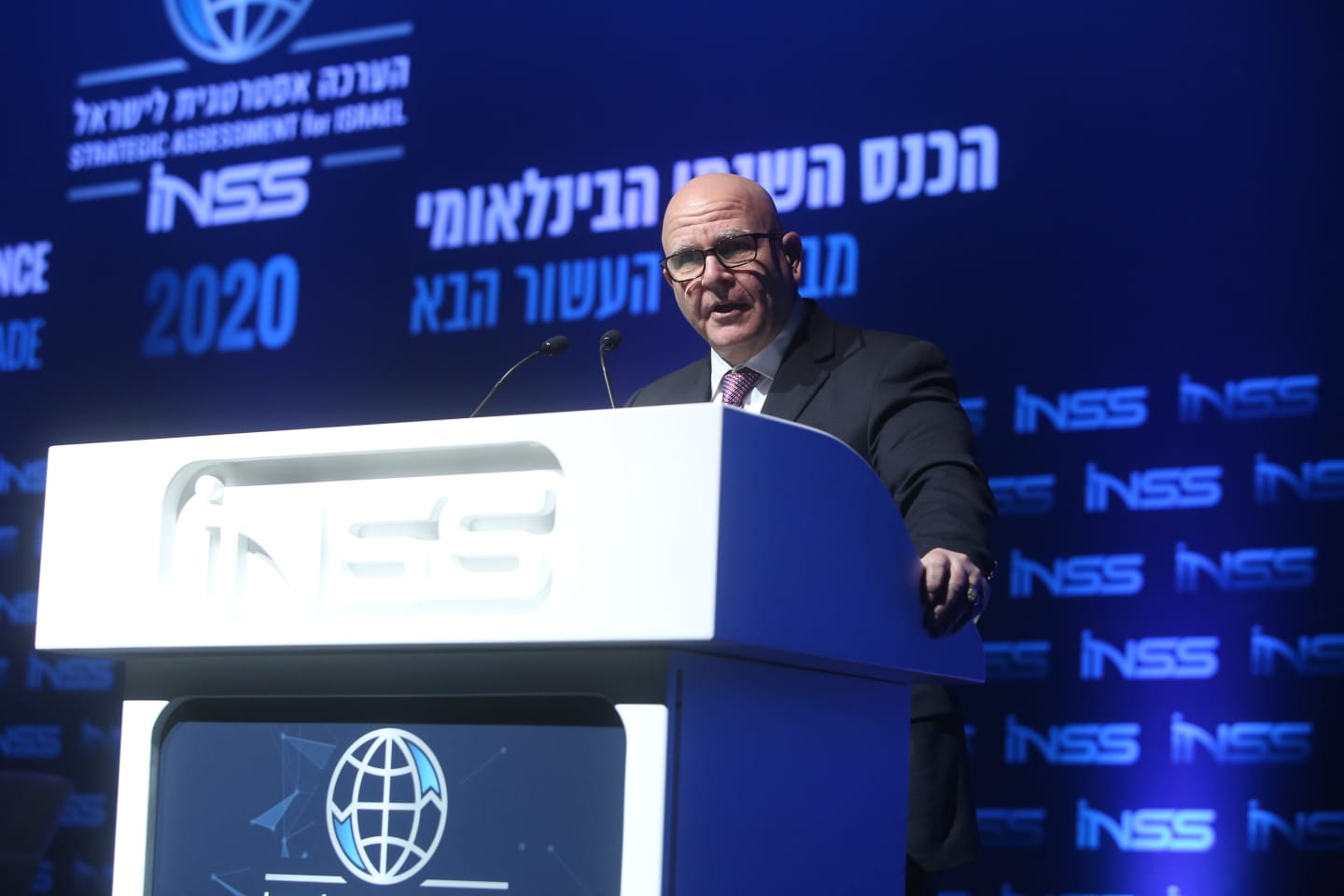
McMaster on China: Compete Fairly to Avoid Confrontation
Former US National Security Advisor H. R. McMaster contends that the current US approach to China is a correction of policy that was implemented after the Cold War, which was based on three false assumptions regarding increased economic engagement, namely, that it would prompt China to liberalize its economy; liberalize its form of governance; and play by the international rules.
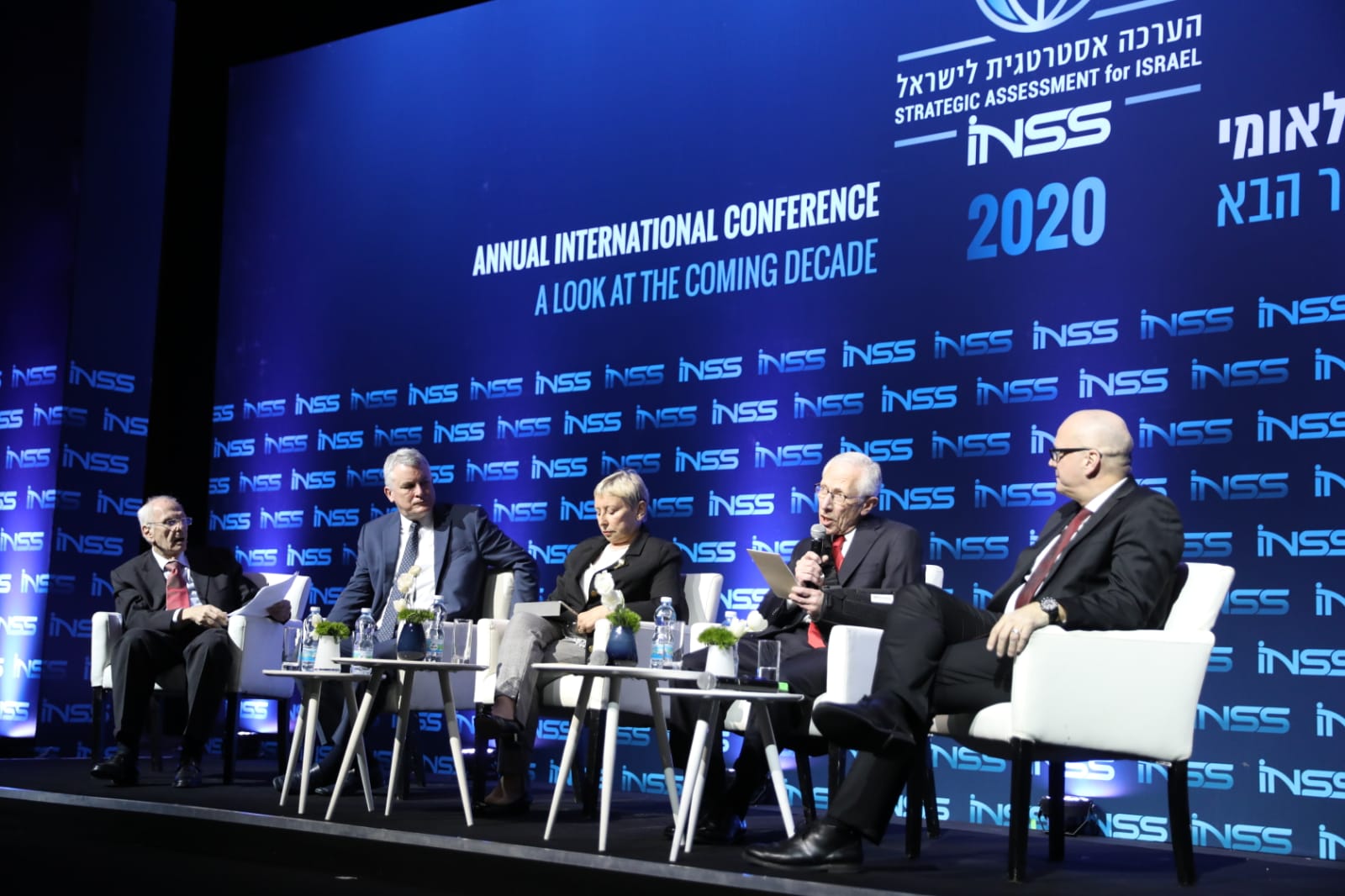
How the World Order Will Affect Us in the Coming Decade
In a panel on the “World Order: Strategic Competition and Dysfunction,” moderated by Amb. Dr. Oded Eran, the panelists discussed events that they think will influence the coming decade
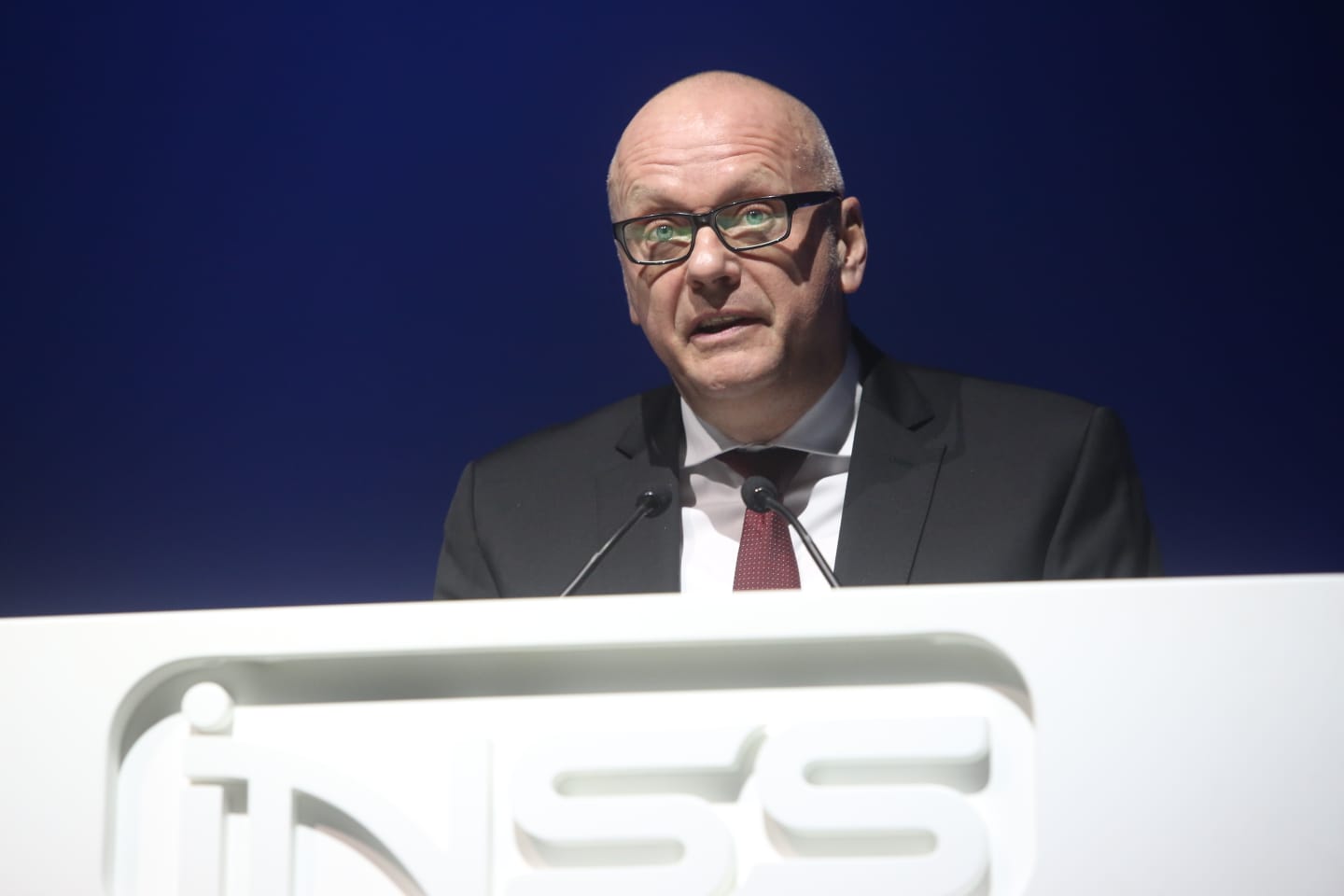
Will We Long for the Outgoing Decade?
Familiar power triangles have changed, and today they are frequently imbalanced. The supporting legs of economics, military power, and the ability to forge alliances are distorted in the name of gross over-investment in military efforts, particularly by Russia, Iran, and North Korea. As a result, there is less equilibrium, and powers that are more self-interested generate confrontation.
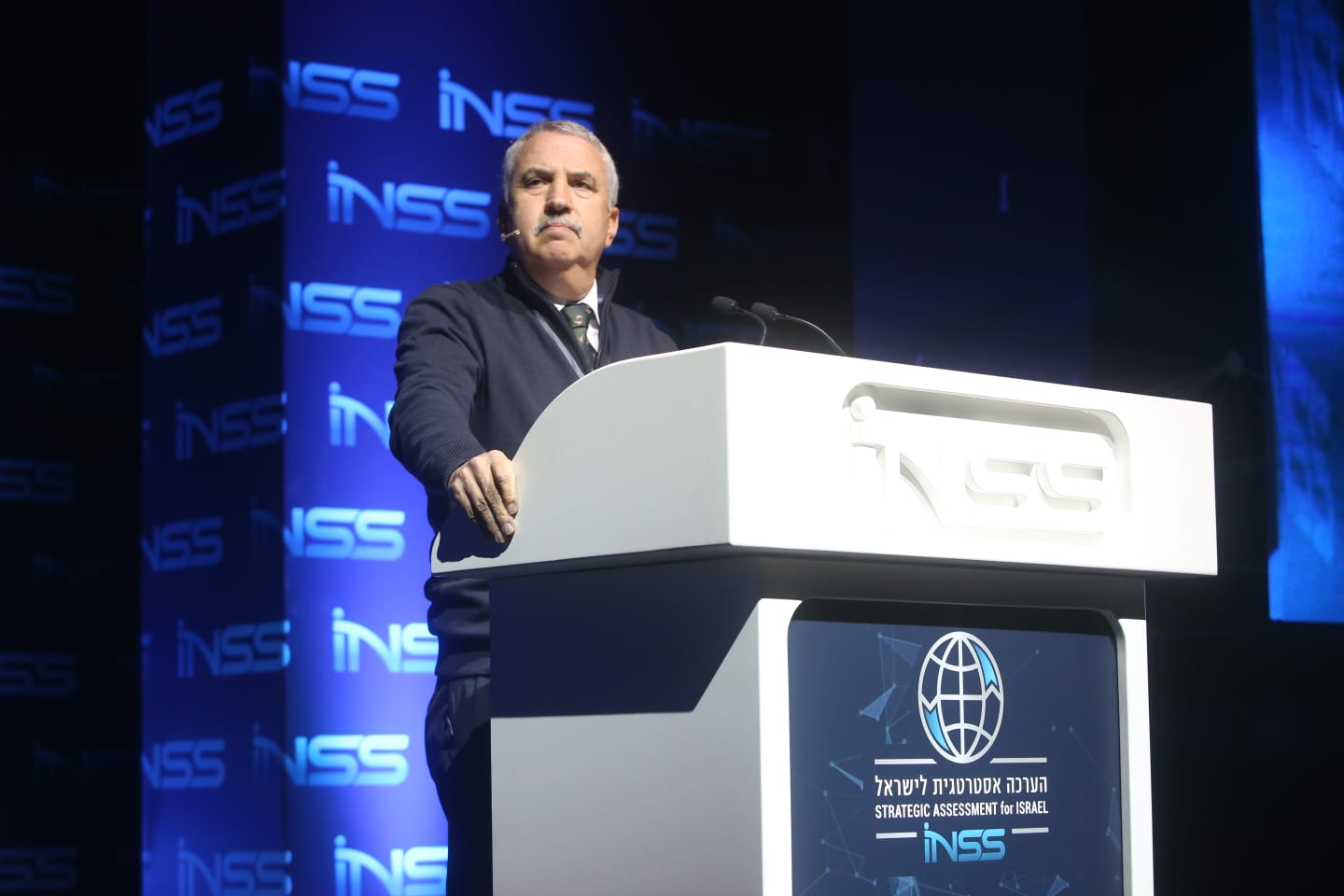
How the World Went from Flat to Fast to Smart to Deep- Mr. Thomas Friedman
Today’s world is grappling with a release of energy not seen since the likes of the industrial revolution, whereby there are climate changes – literal, technological, demographic, and geopolitical – of the first order that propel the world forward in on a trajectory of non-linear acceleration. We live in a fast, interdependent world where there is no “later”; “later is now.”
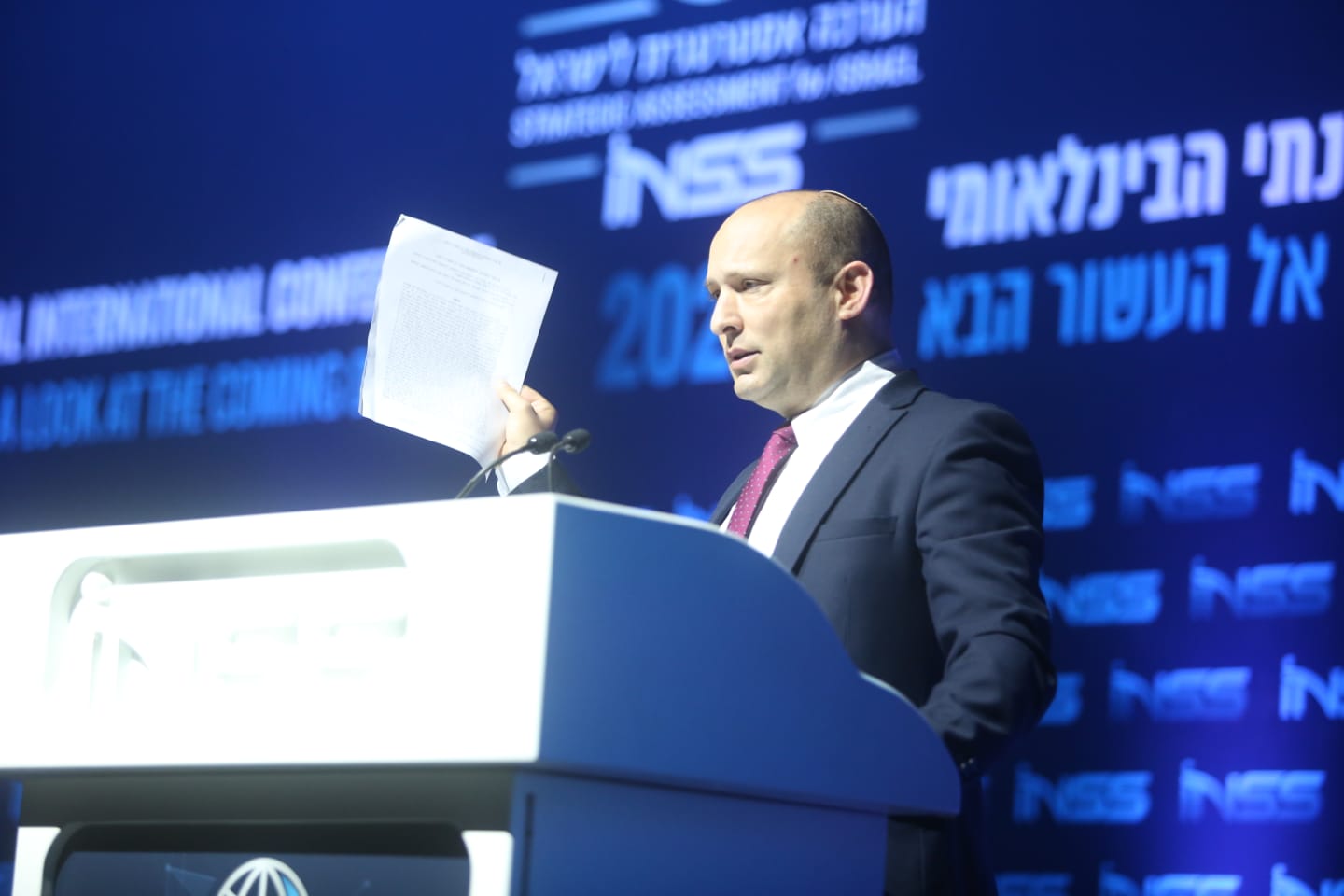
Bennett: Israeli Sovereignty in the West Bank, as per the Trump Plan, Cannot Wait
Focusing on last night’s historic “Deal of the Century” outlined by President Trump, Israel’s Minister of Defense Naftali Bennett stated that this is a “one-time opportunity” to implement Israel’s sovereignty over all of Israeli settlement in Judea, Shomron, the Jordan Valley, and North of the Dead Sea.

Israel’s Attorney General Dr. Avihai Mandelblit Talks the Rule of Law
Dr. Avihai Mandelblit, Israel’s Attorney General, in a conversation with Adv. Col. (res.) Pnina Sharvit Baruch, shared his views on several key issues facing Israel today. Regarding the Middle East peace plan presented earlier by President Trump, Mandelblit emphasized that the legality of applying this peace plan while Israel has an interim government needed to be checked. Mandelblit then discussed the indictment filed today against Prime Minister Netanyahu after he dropped his bid for immunity. Mandelblit stated that his decision to indict the prime minister was not made today but had been made some time ago, and that according to the rule of law, he was obliged to submit the indictment immediately.

The “Deal of the Century” and the United States in the Region
The panel of international experts, chaired by Dr. Martin Indyk, dealt first with the “deal of the century,” announced minutes before the speakers took their places on stage. Looking at the region, the panelists emphasized that the US has key interests in the Middle East and will continue to pursue them, even if primary attention is focused on Asia.
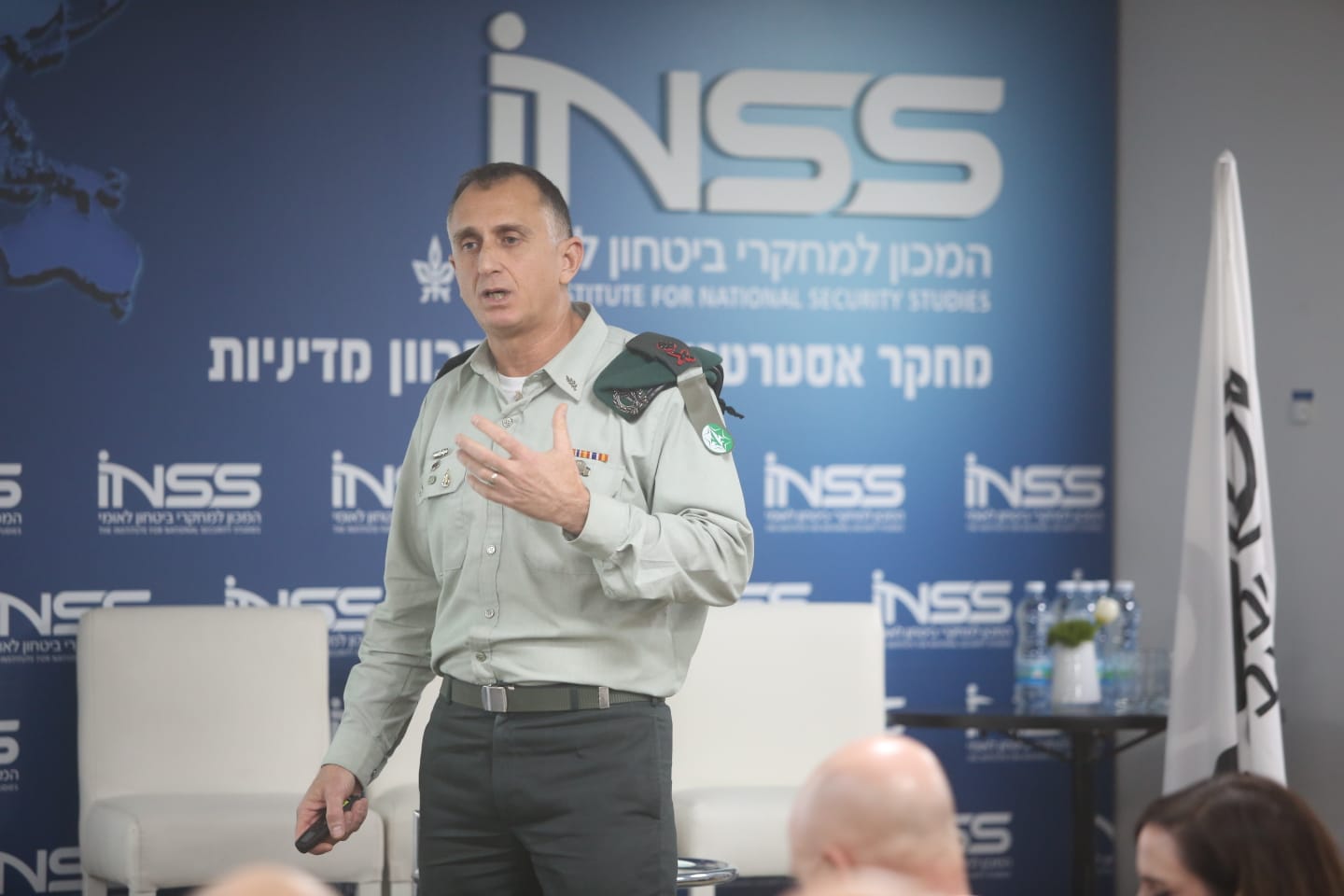
Tumult that Brings both Risk and Opportunity
Maj. Gen. Tamir Hayman, Chief of IDF Military Intelligence, described a tumultuous world in the Middle East of today that does not necessarily lead Israel to escalation or to war. The past year has seen events that have undermined the immunity of several major actors in the Middle East, chief among them Iran and Hezbollah.


